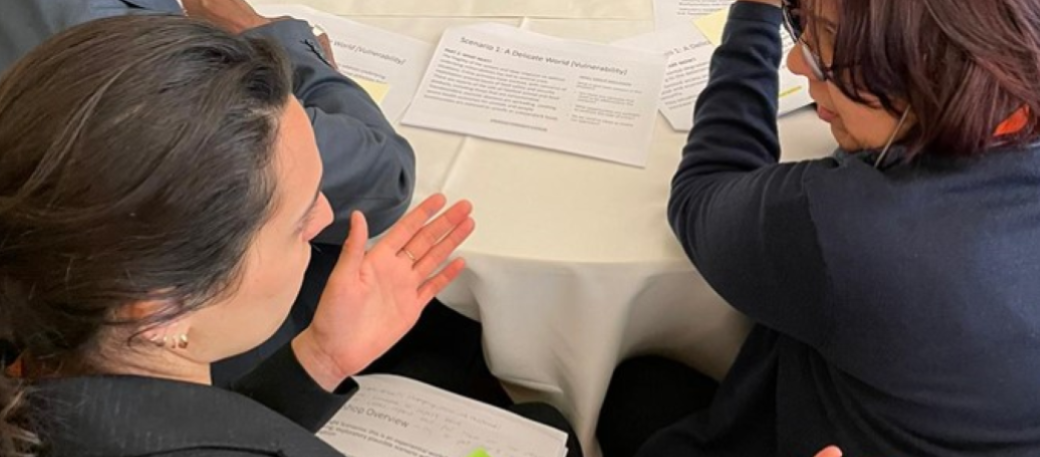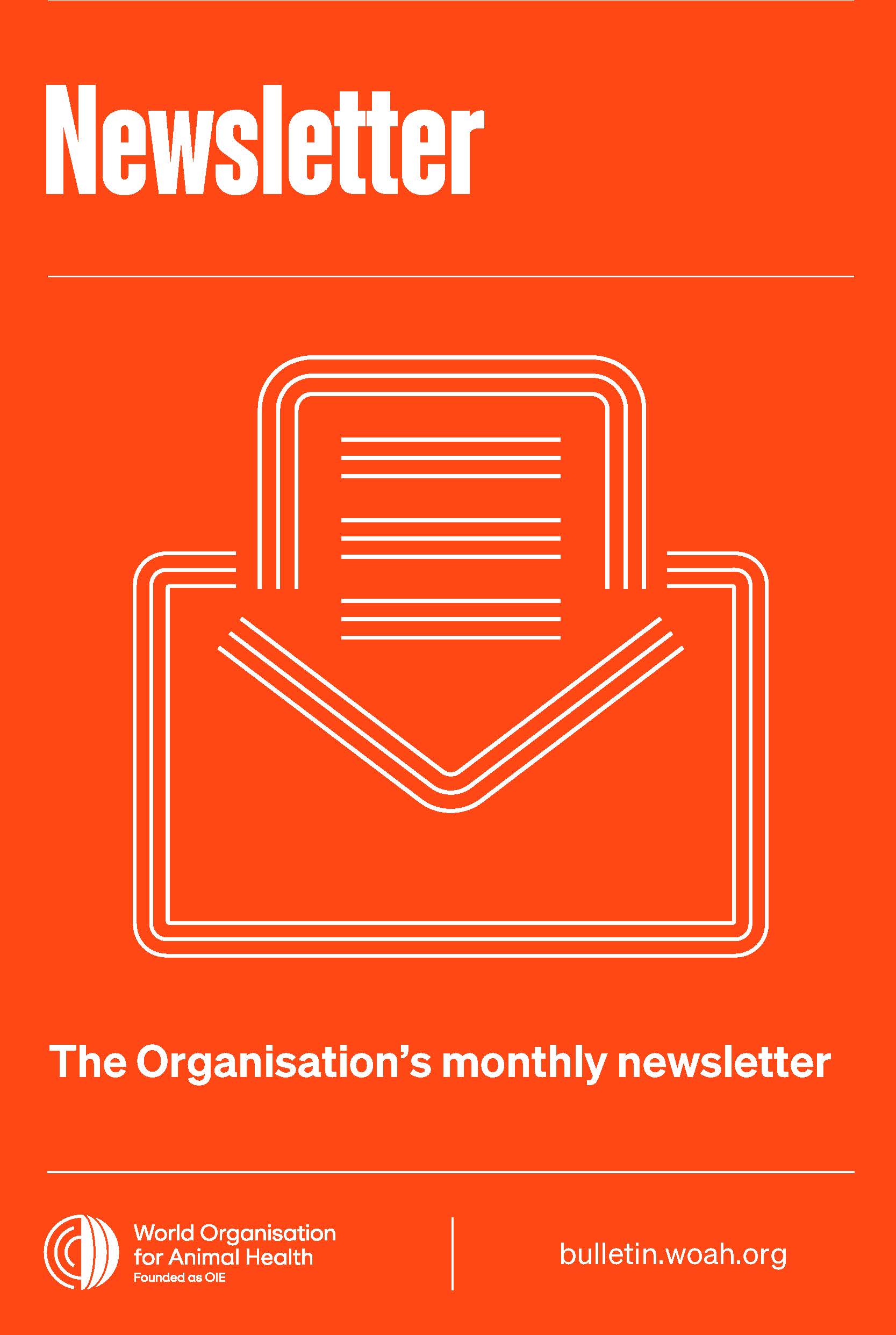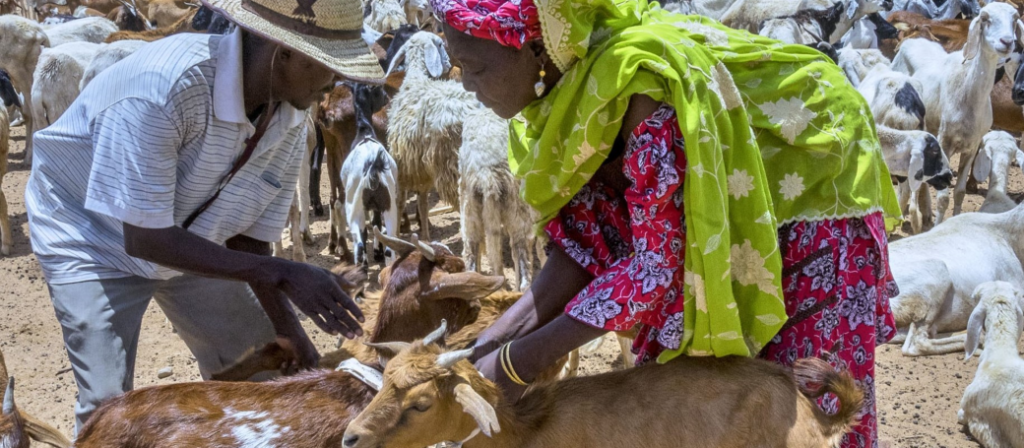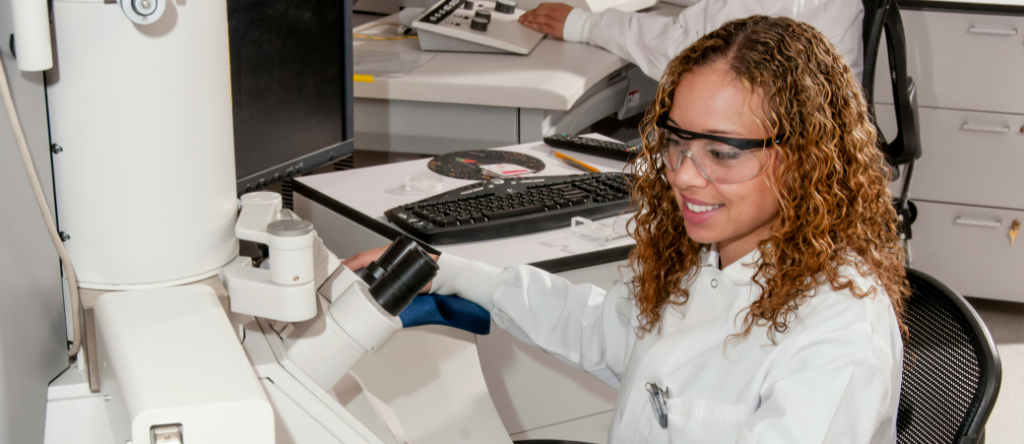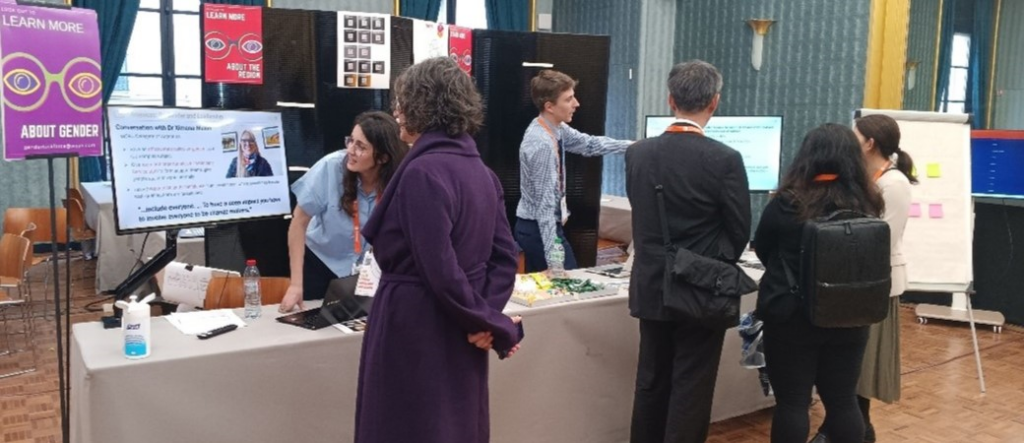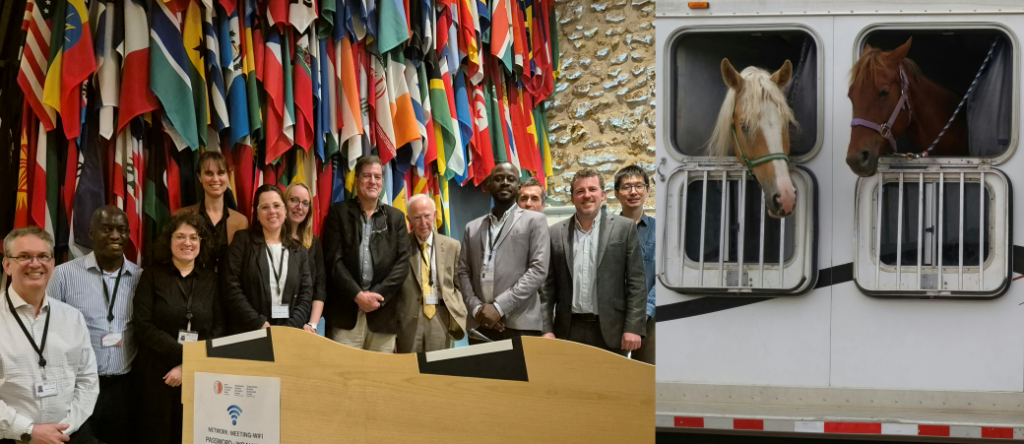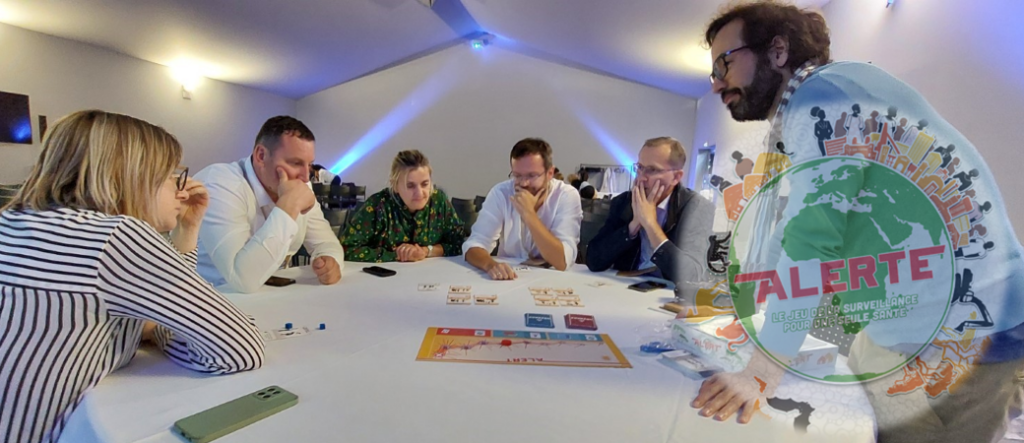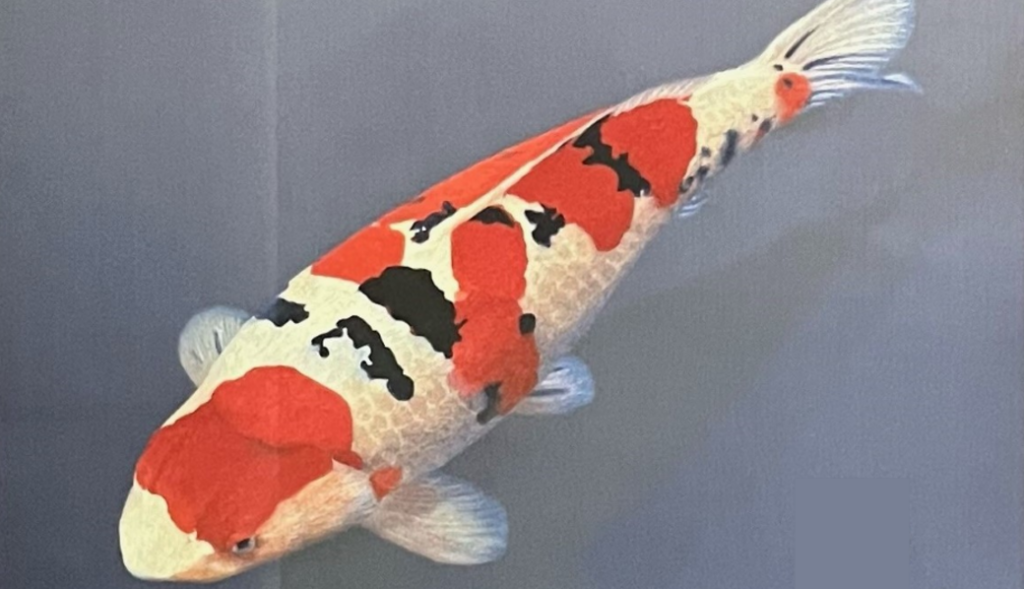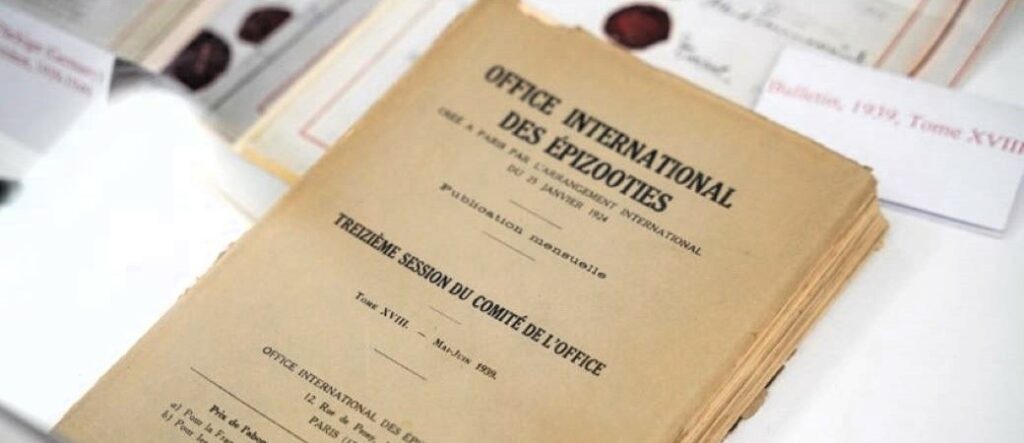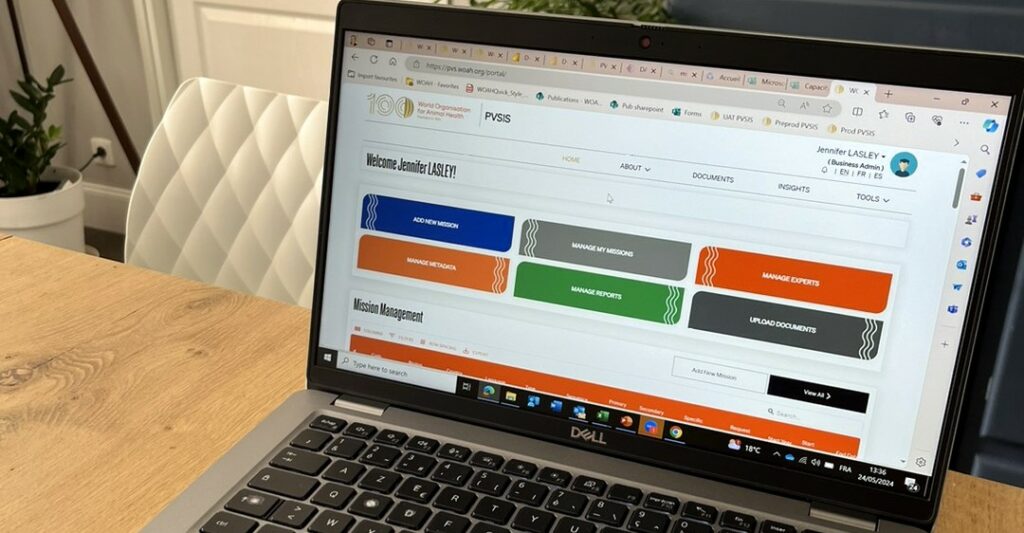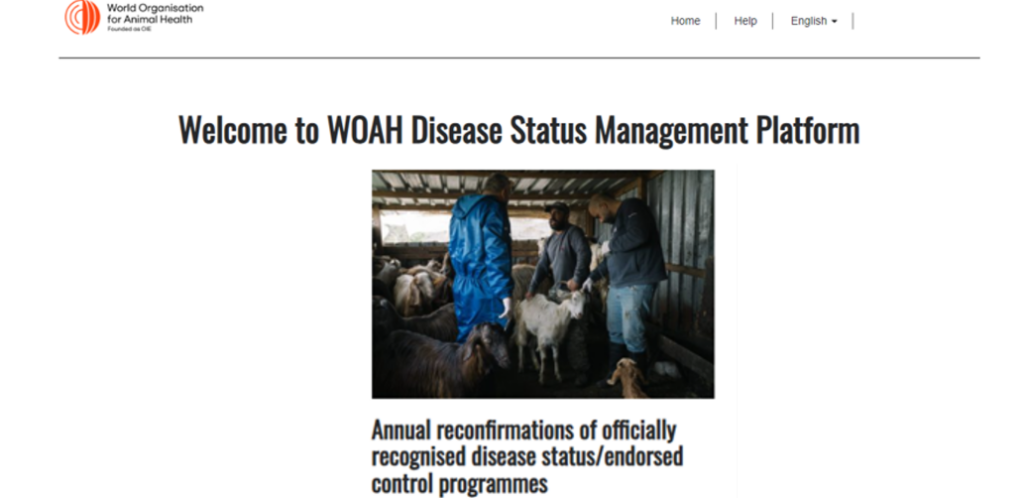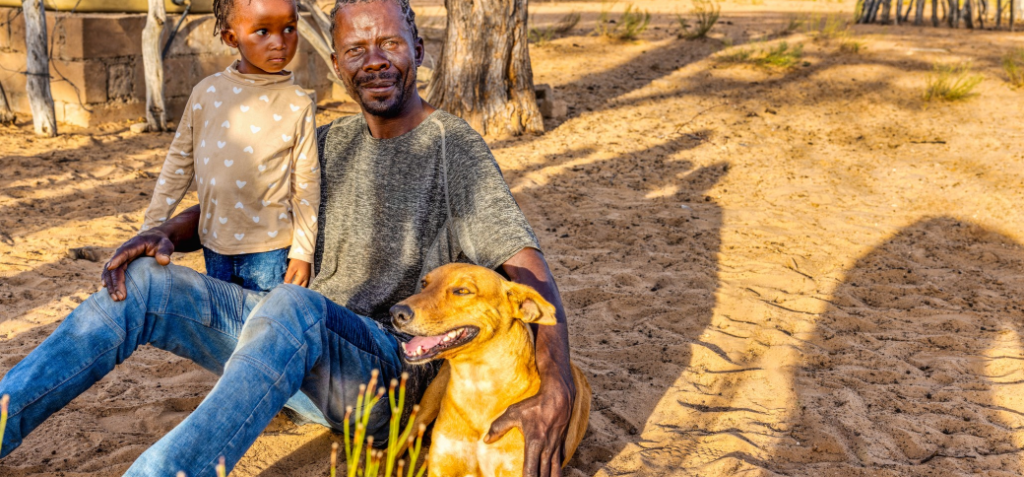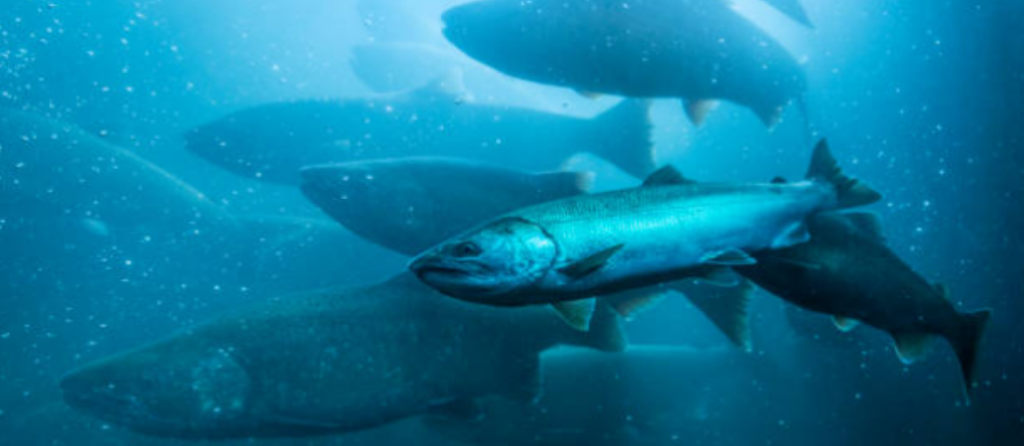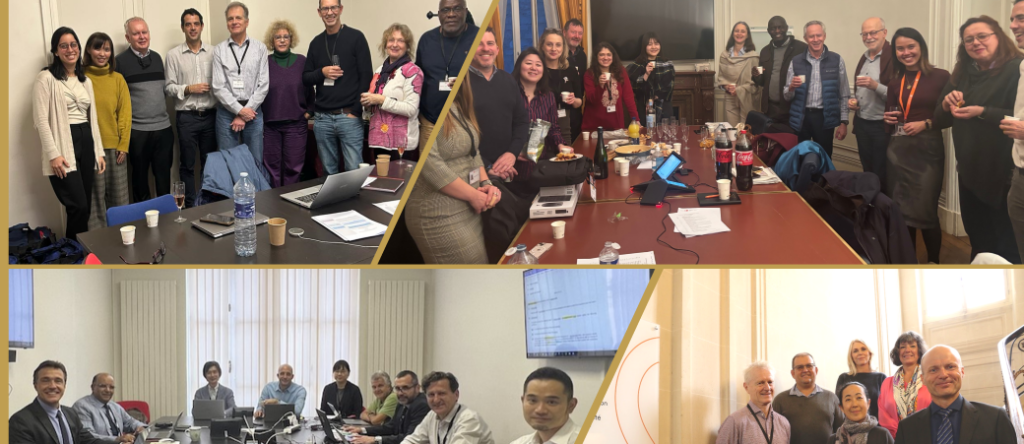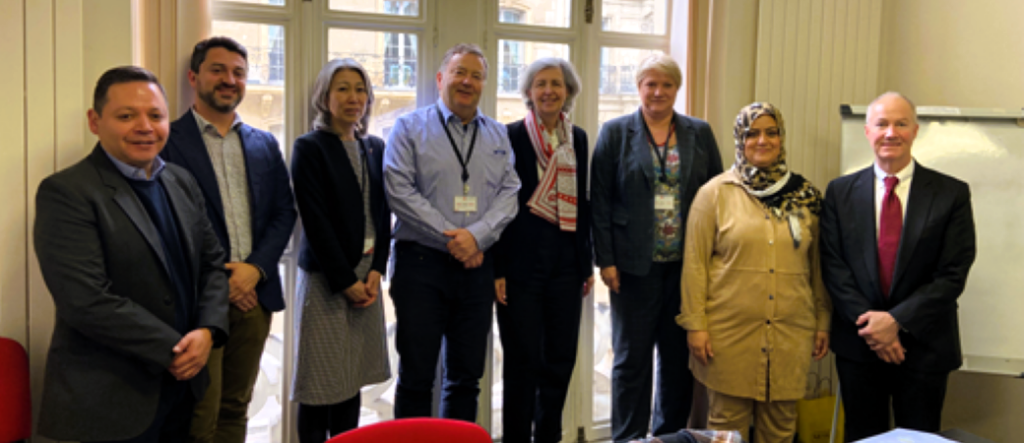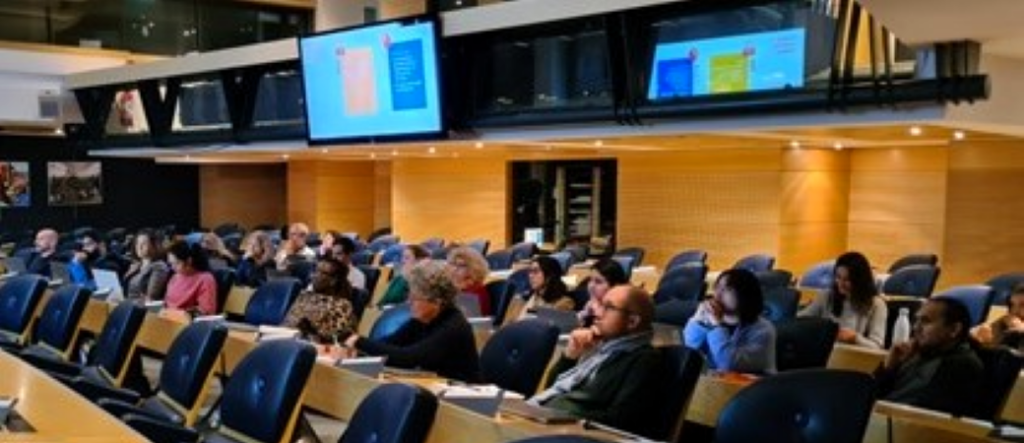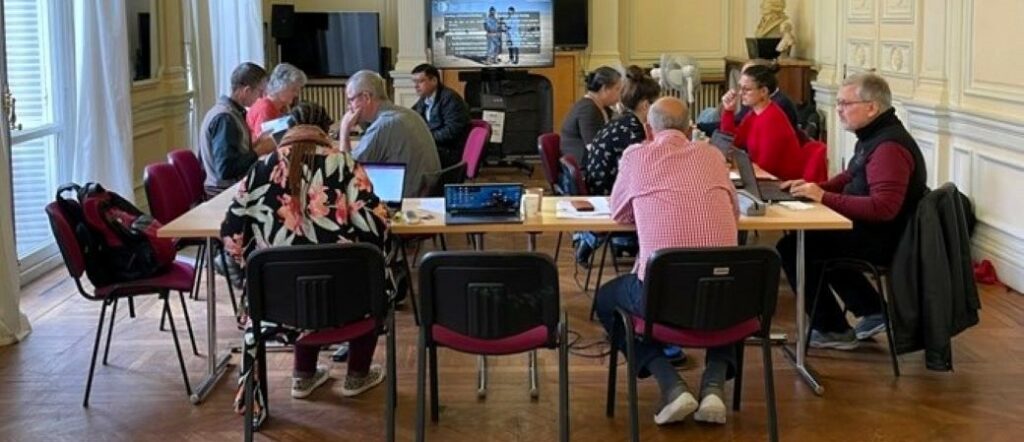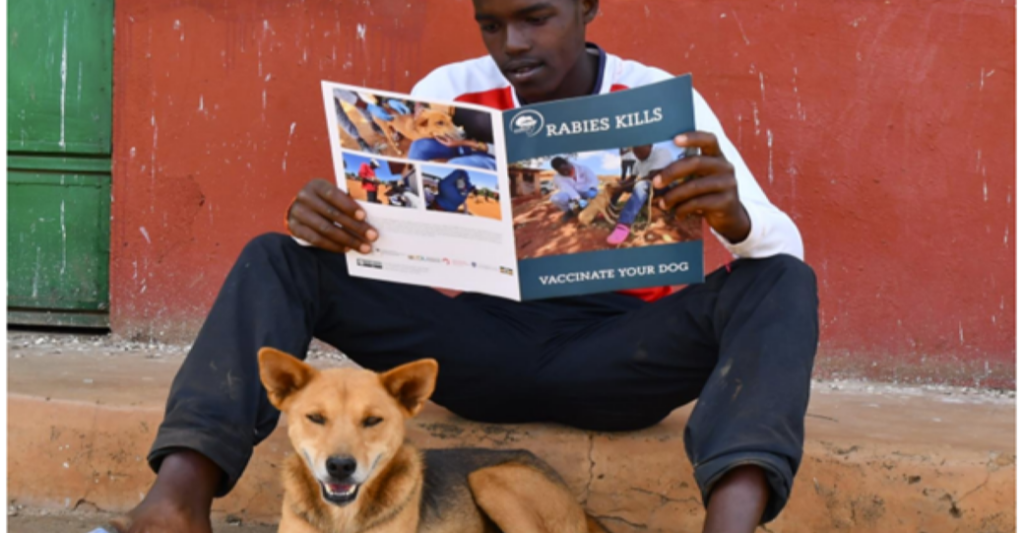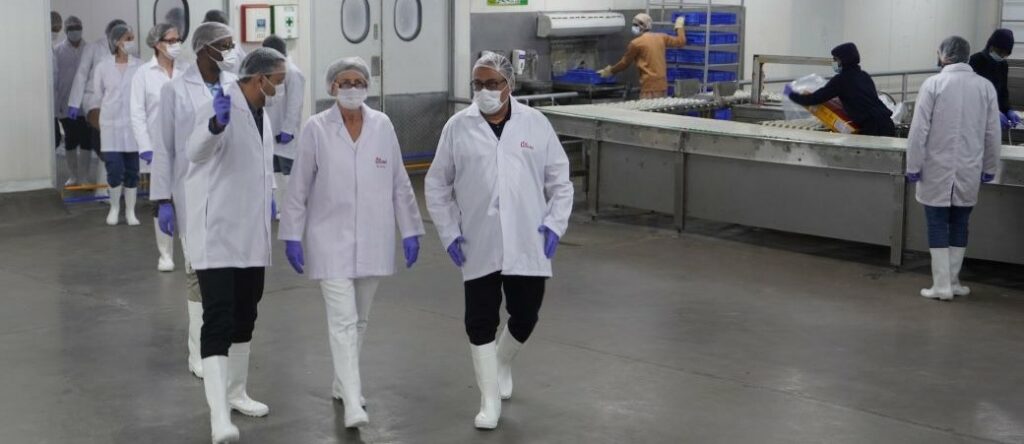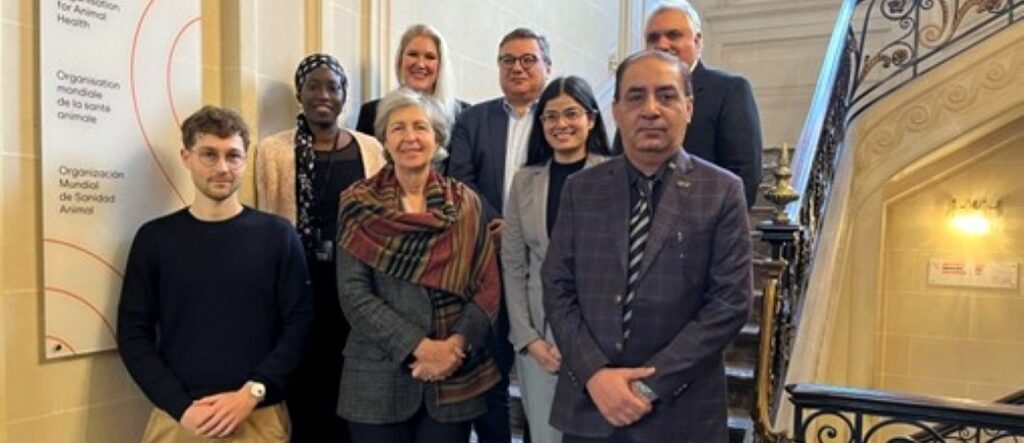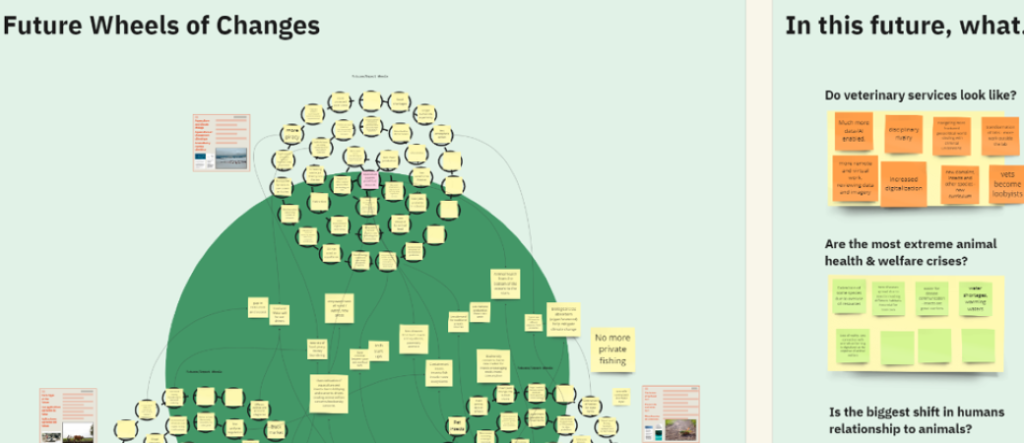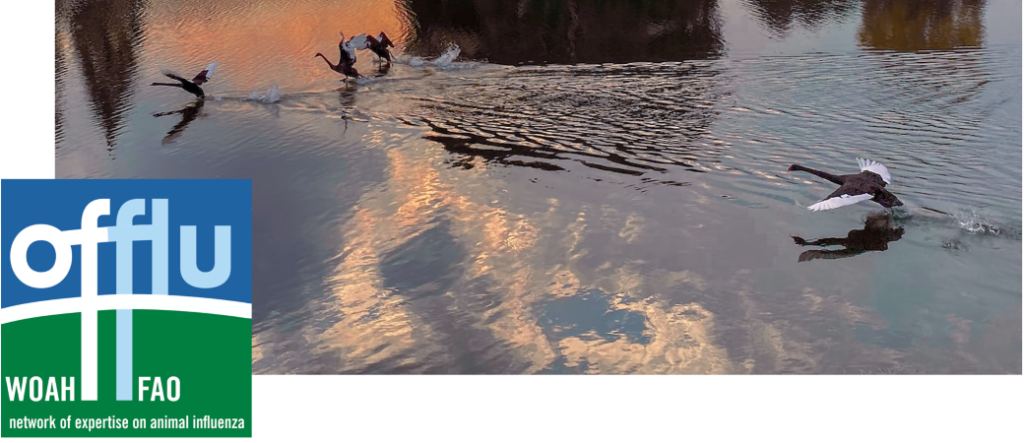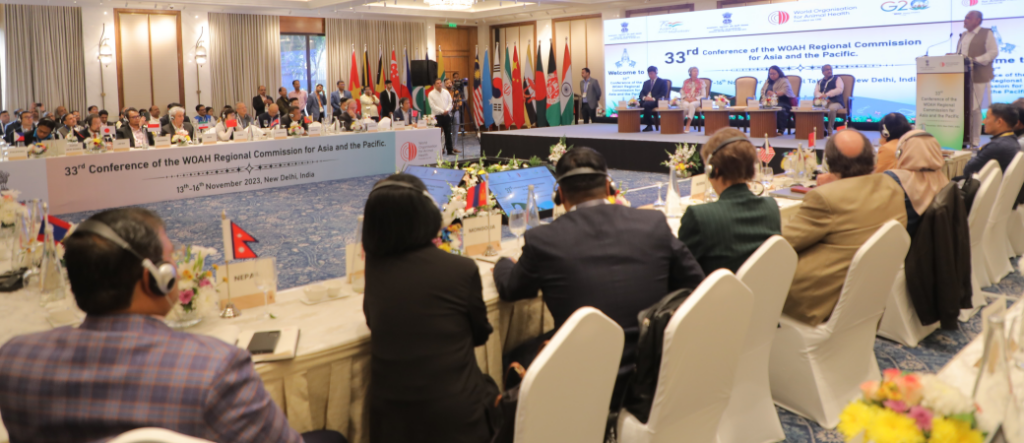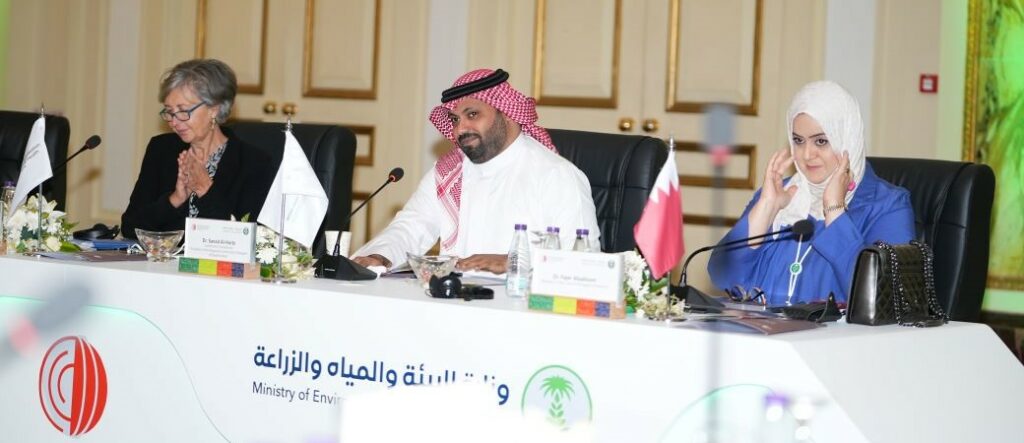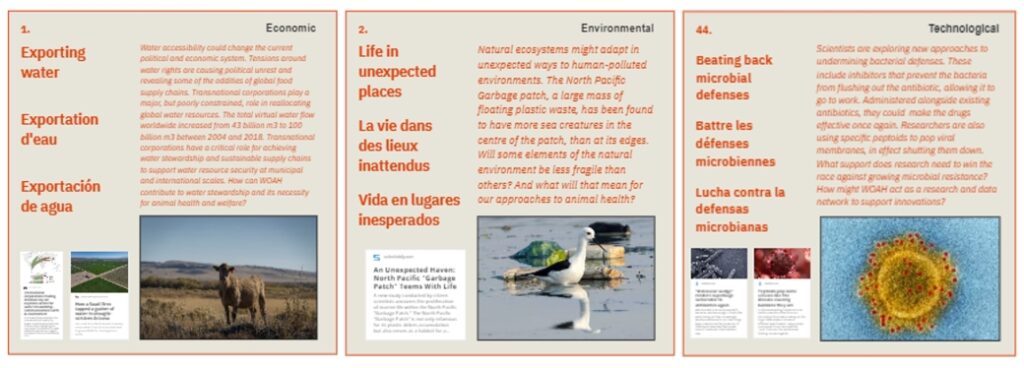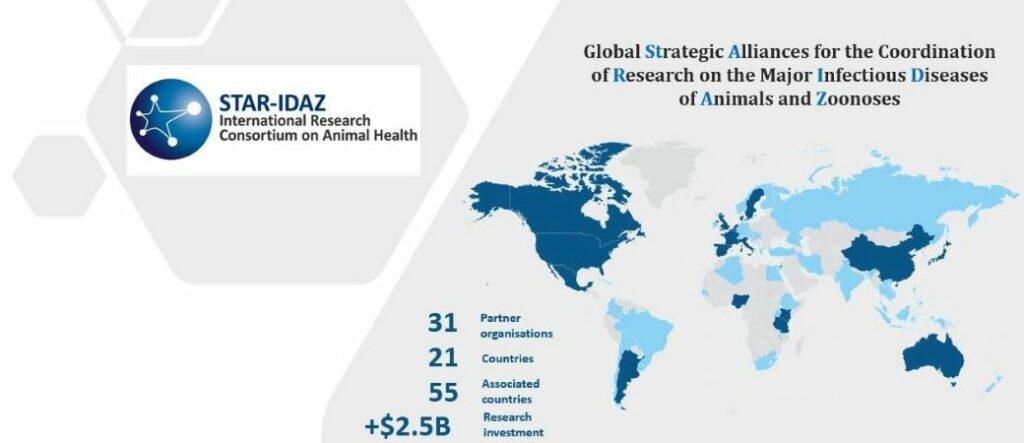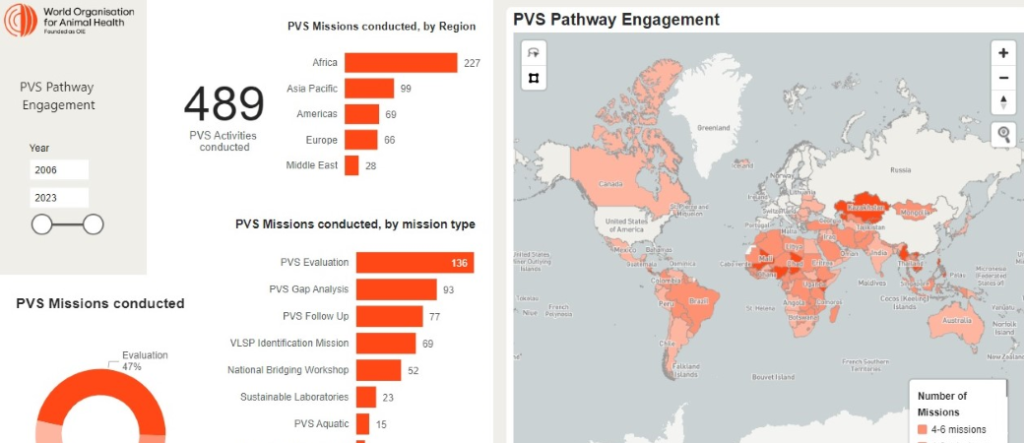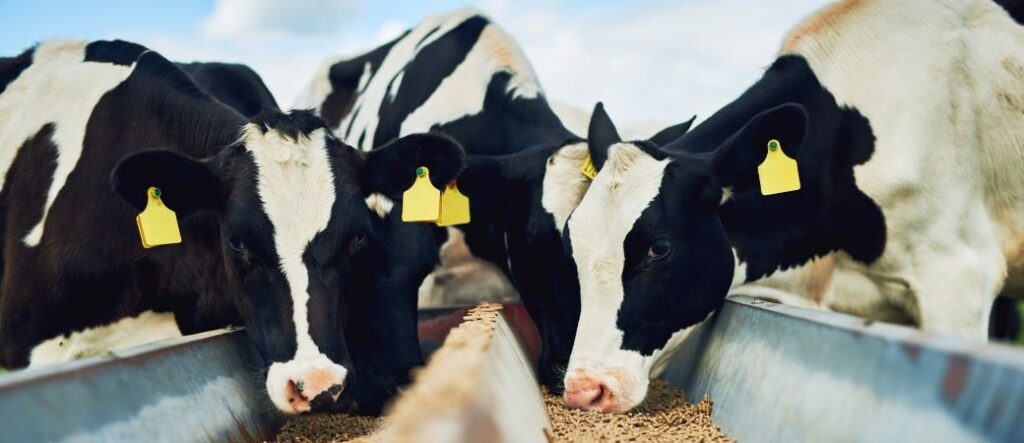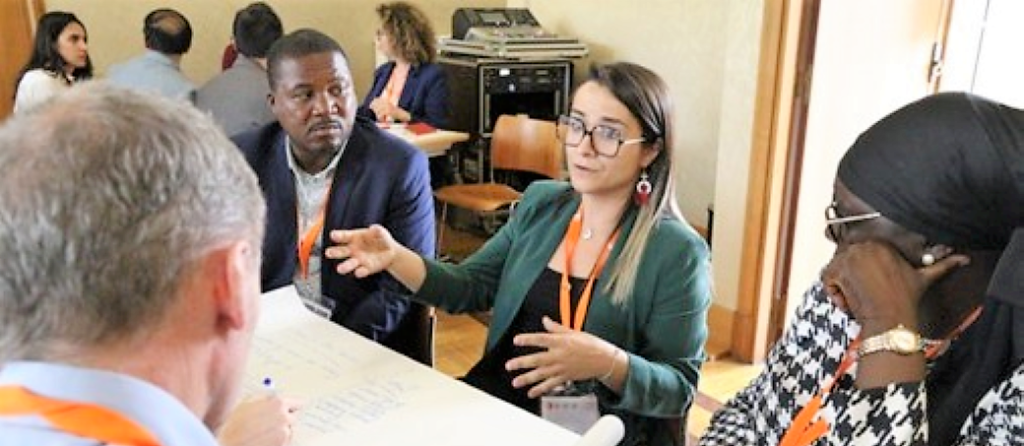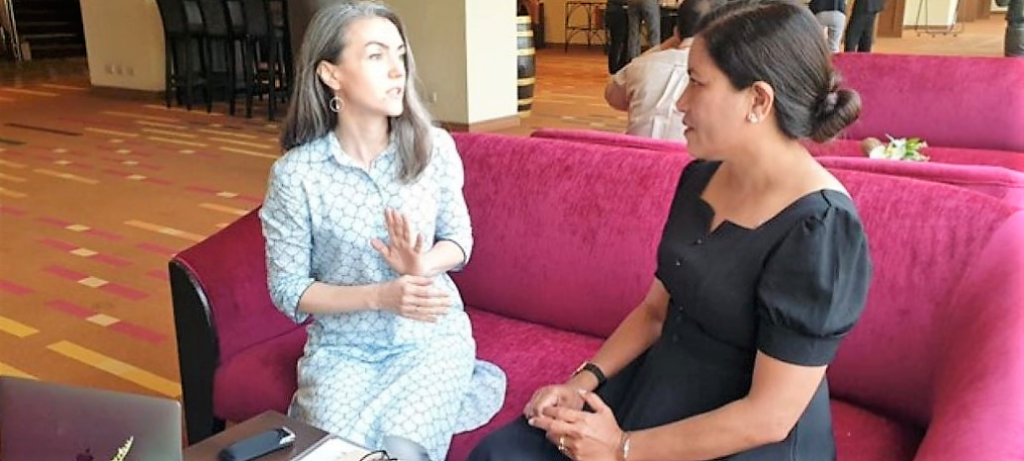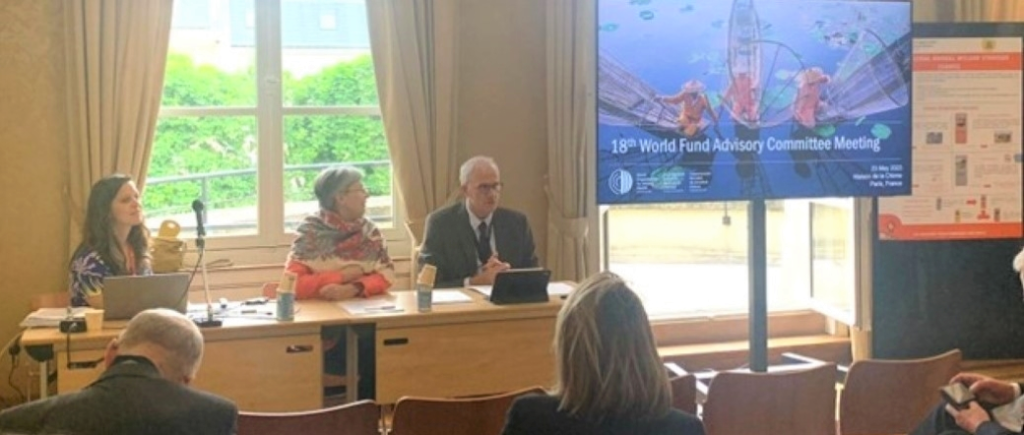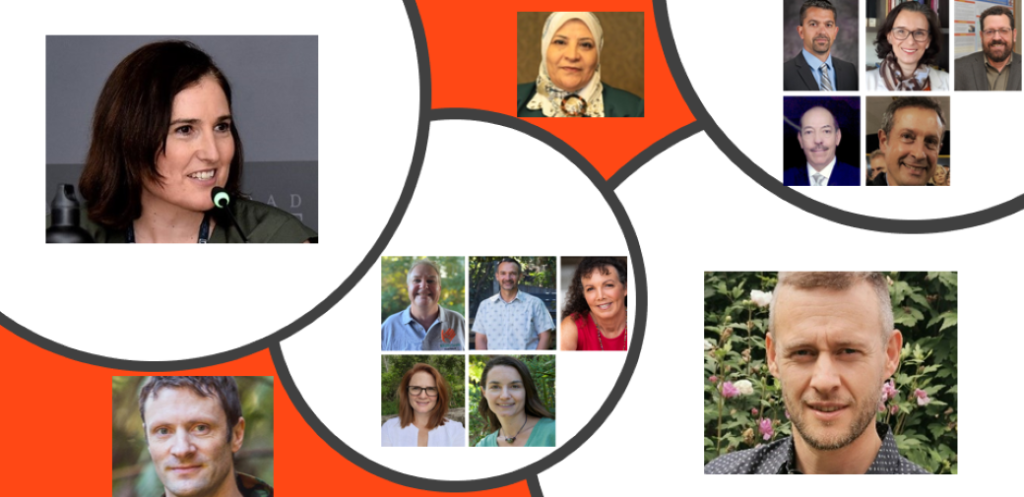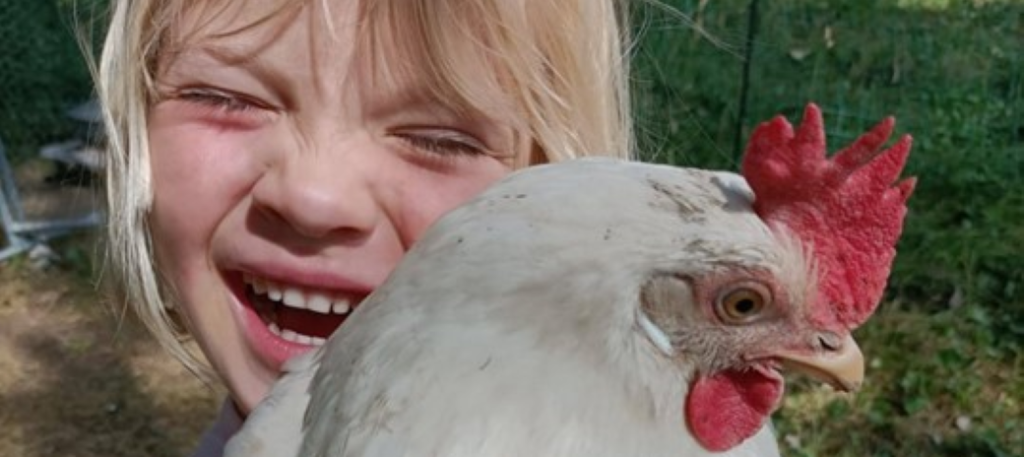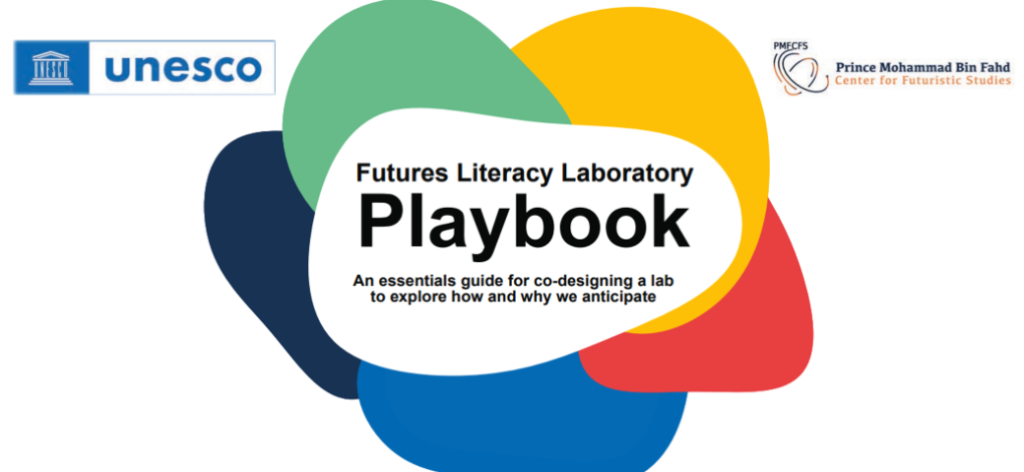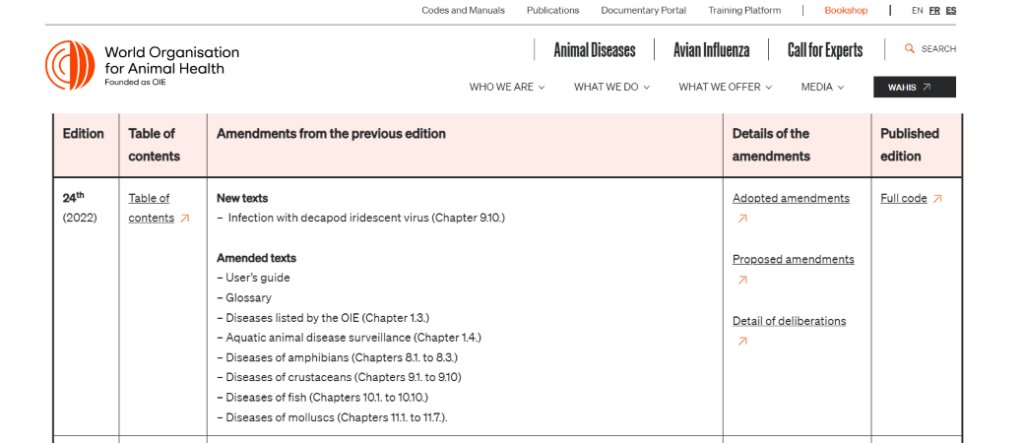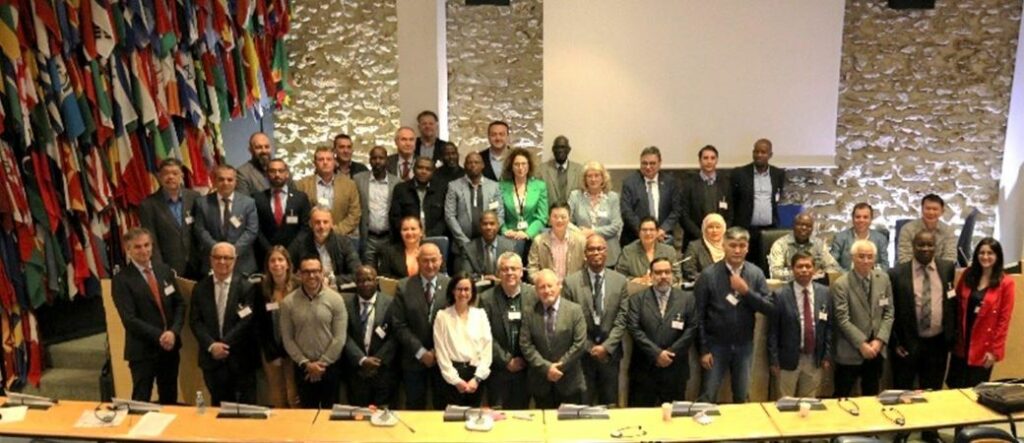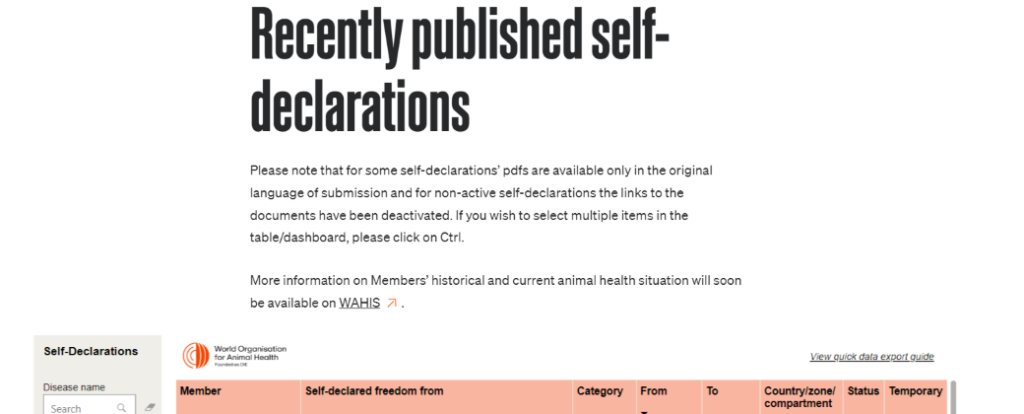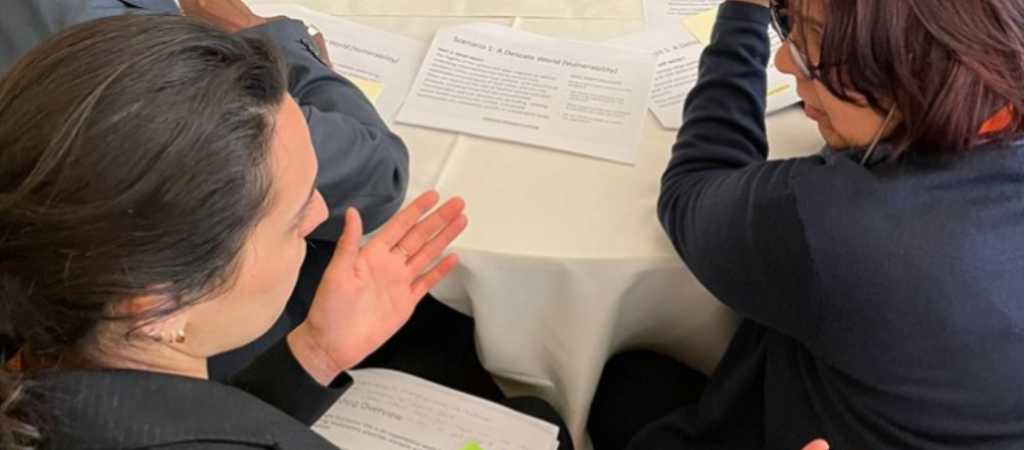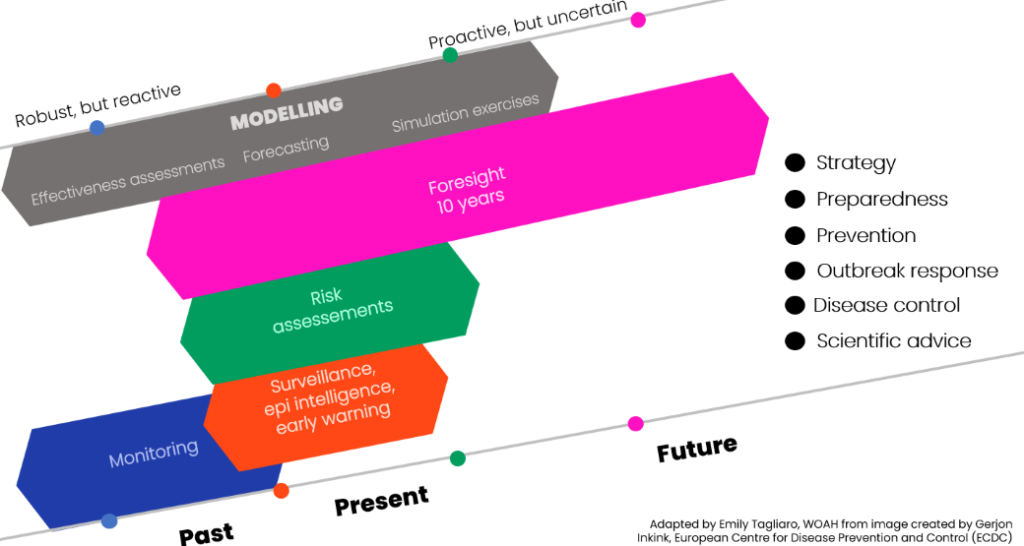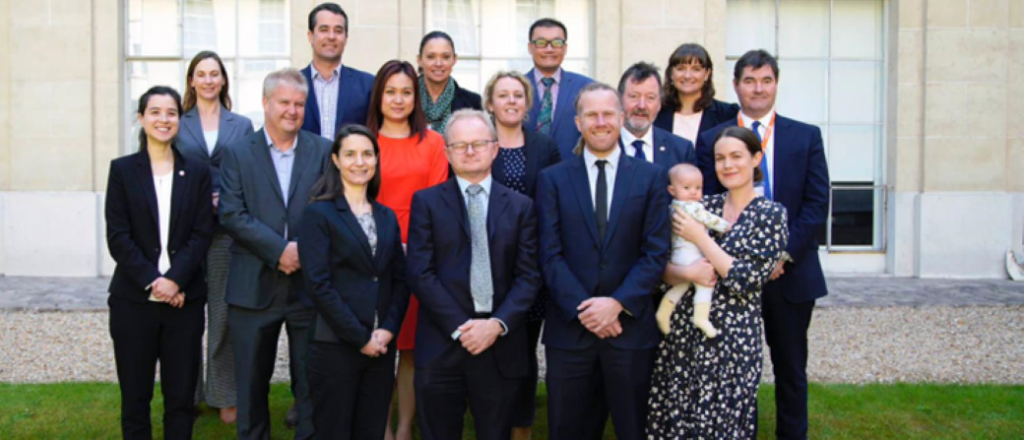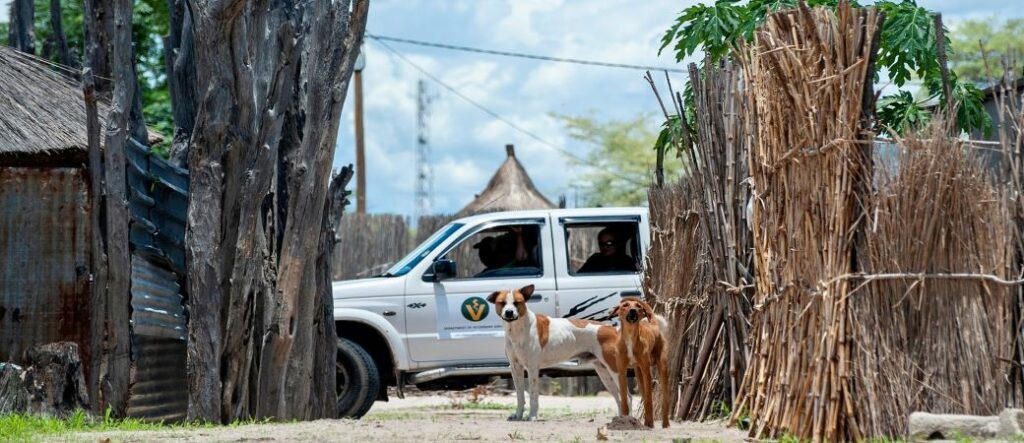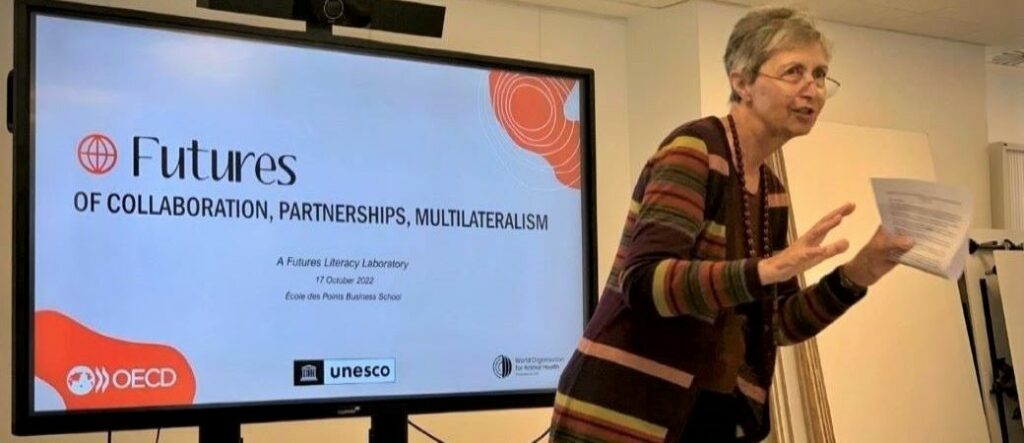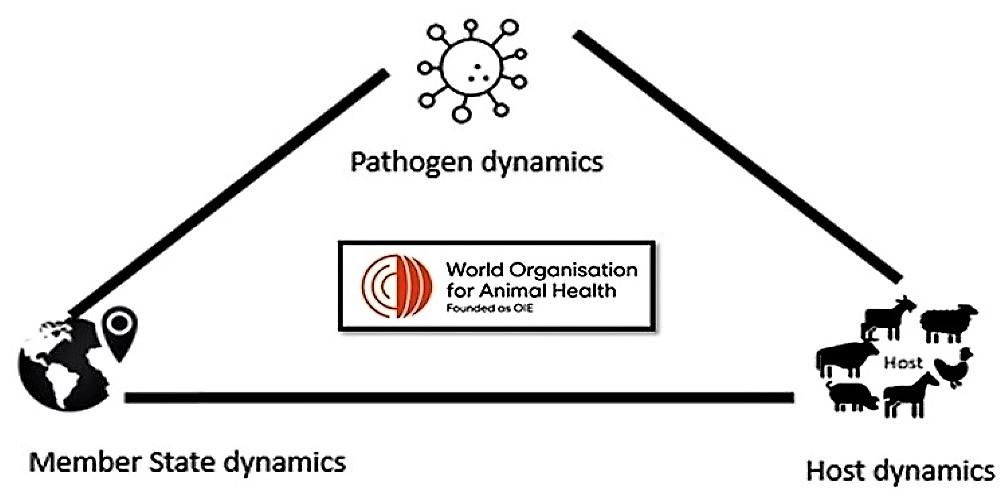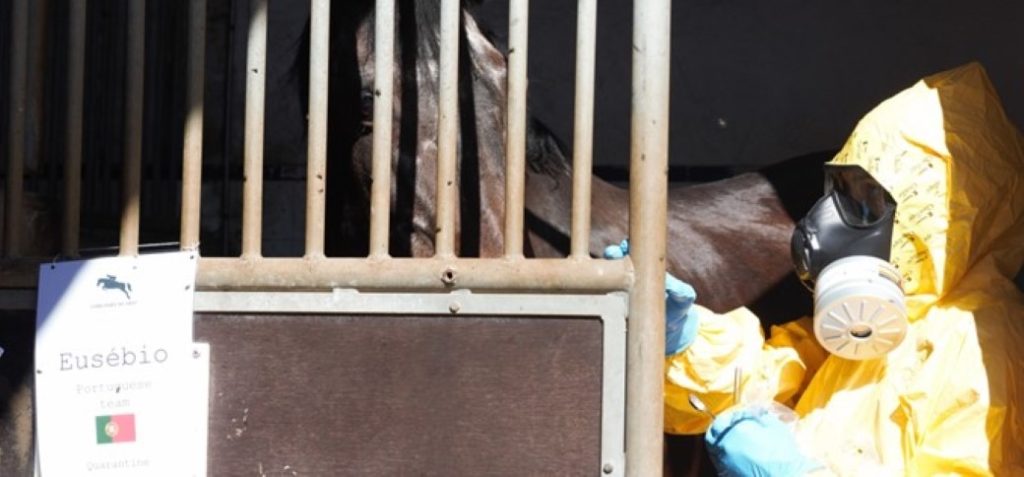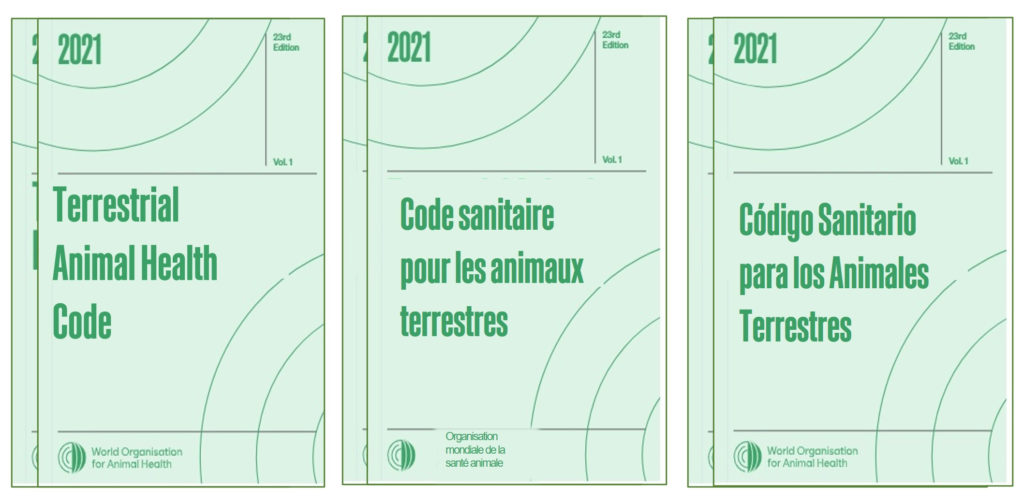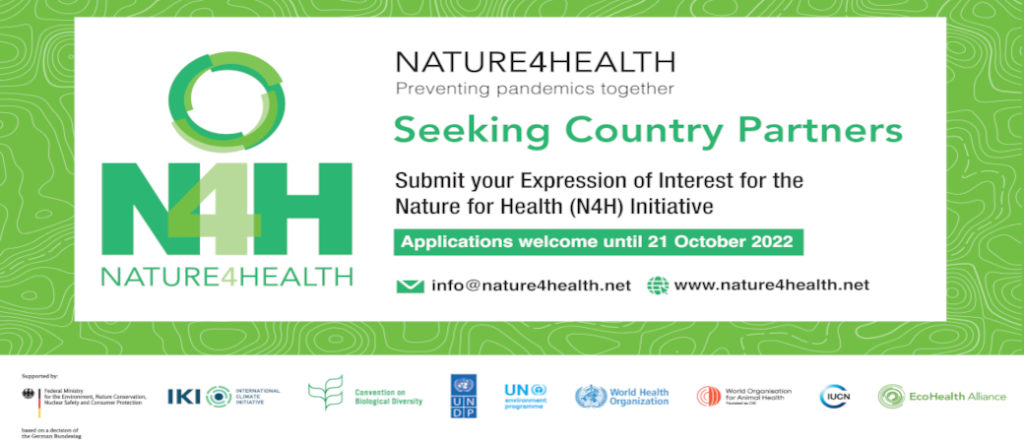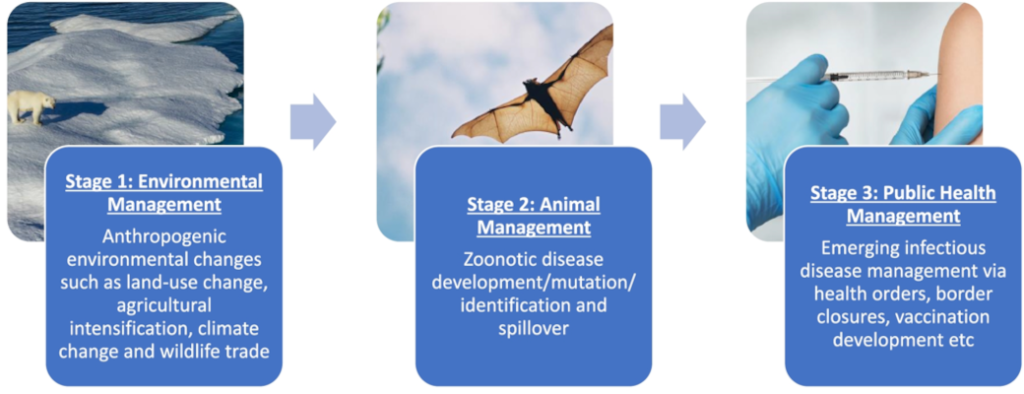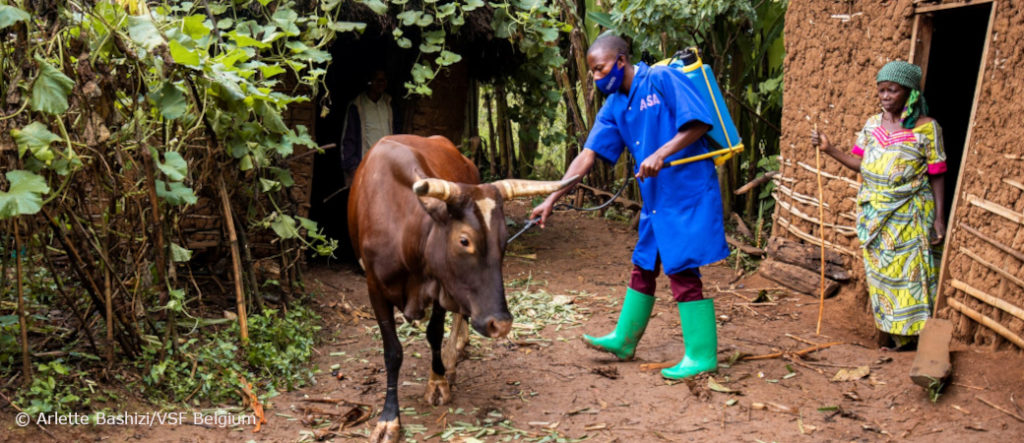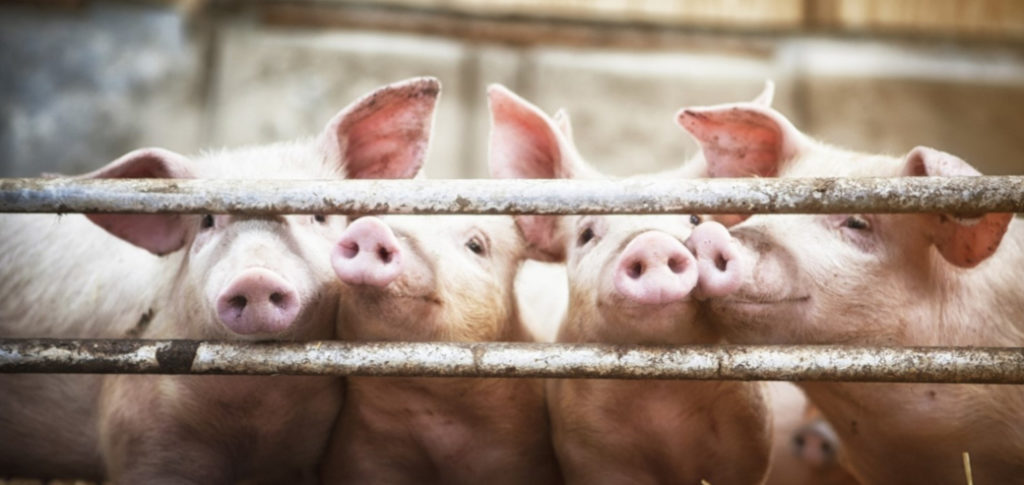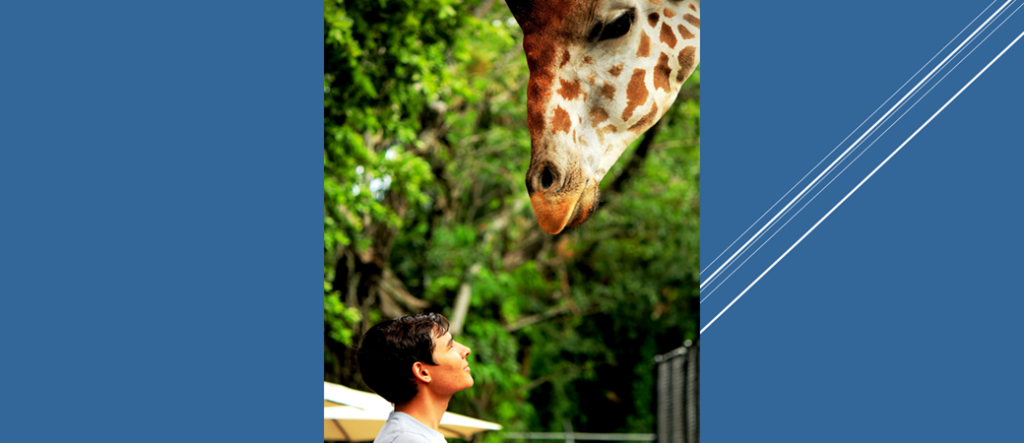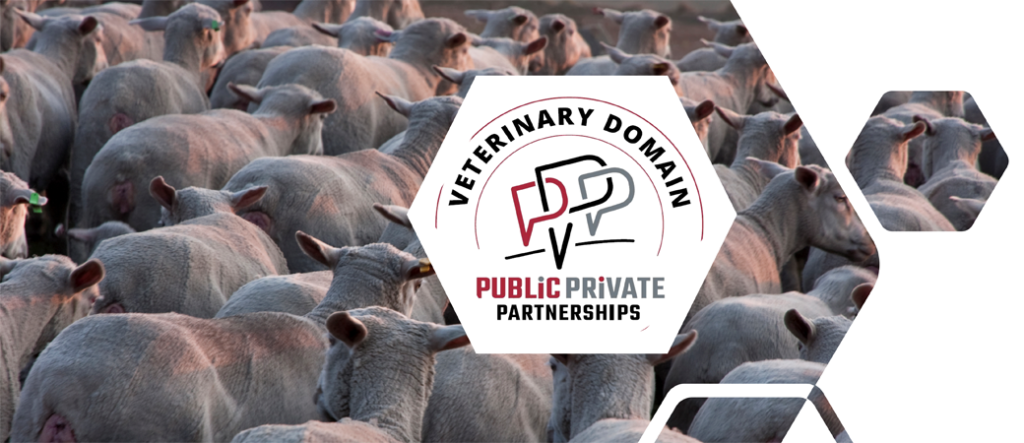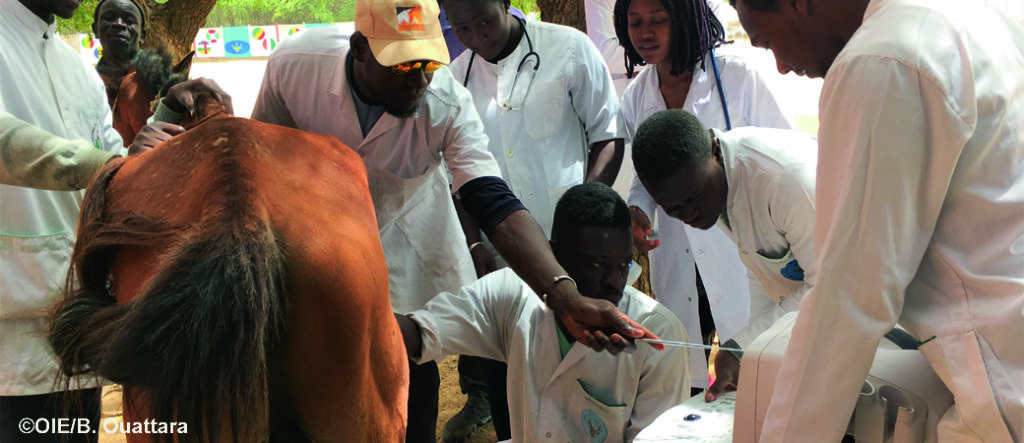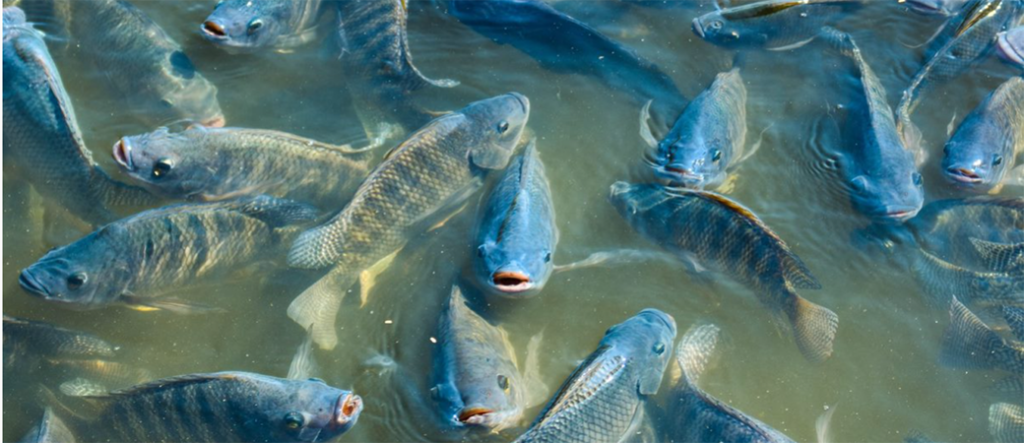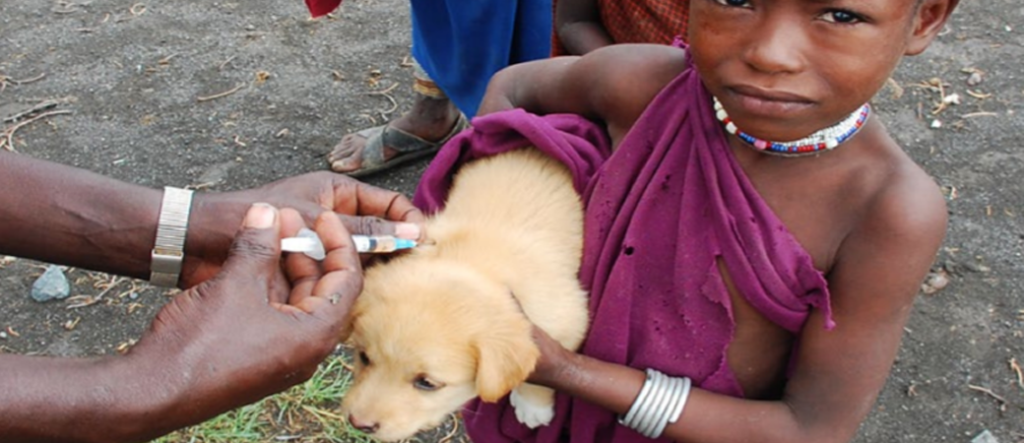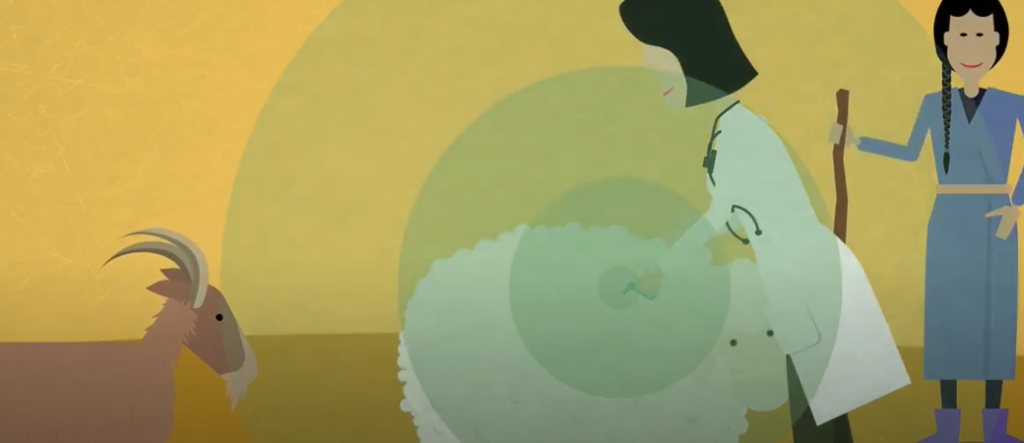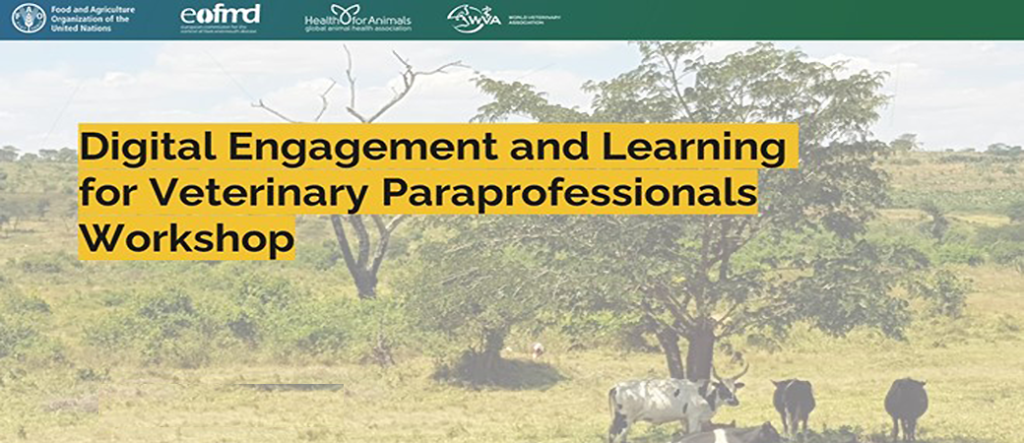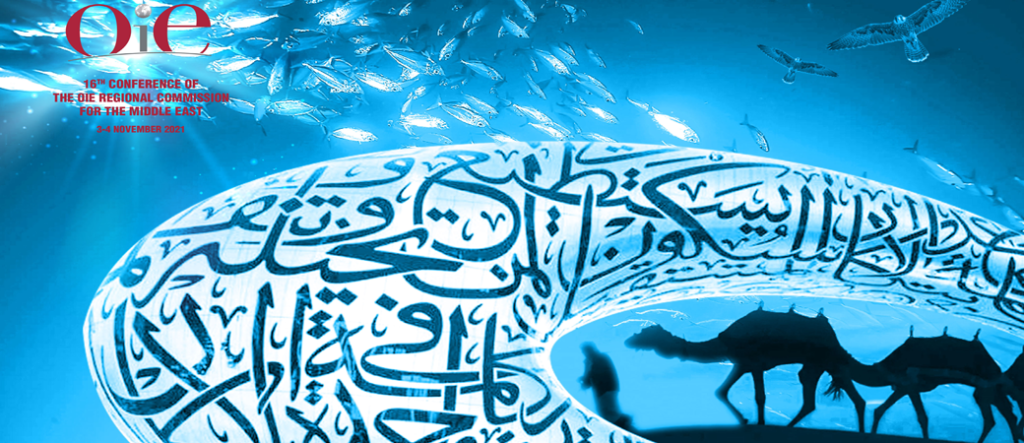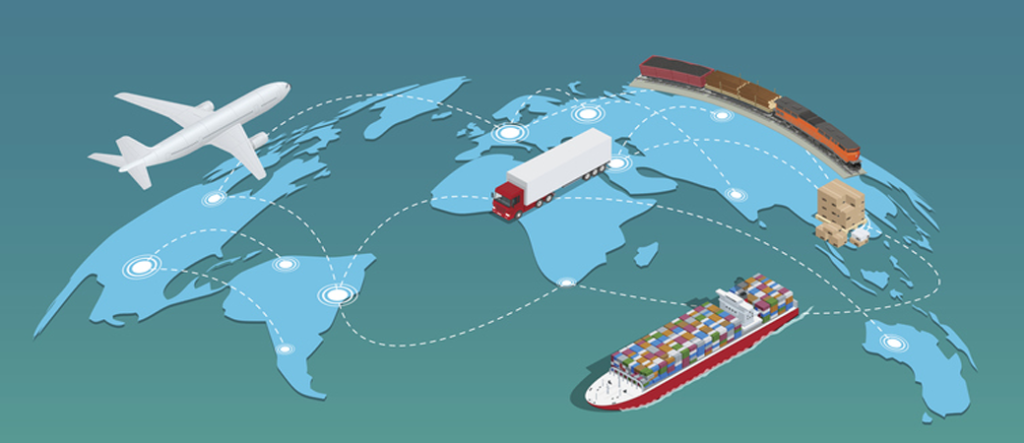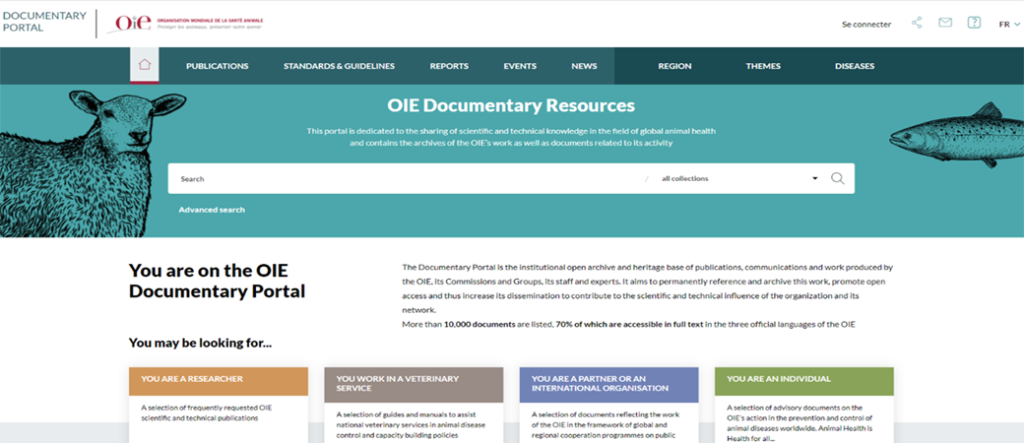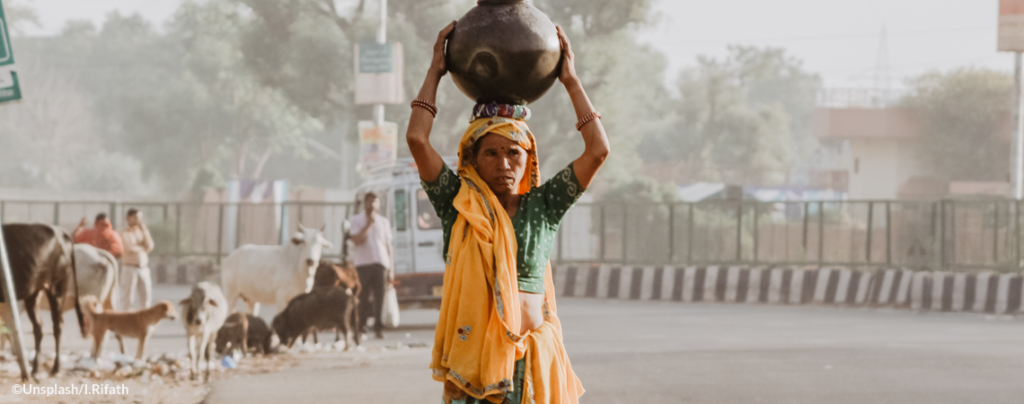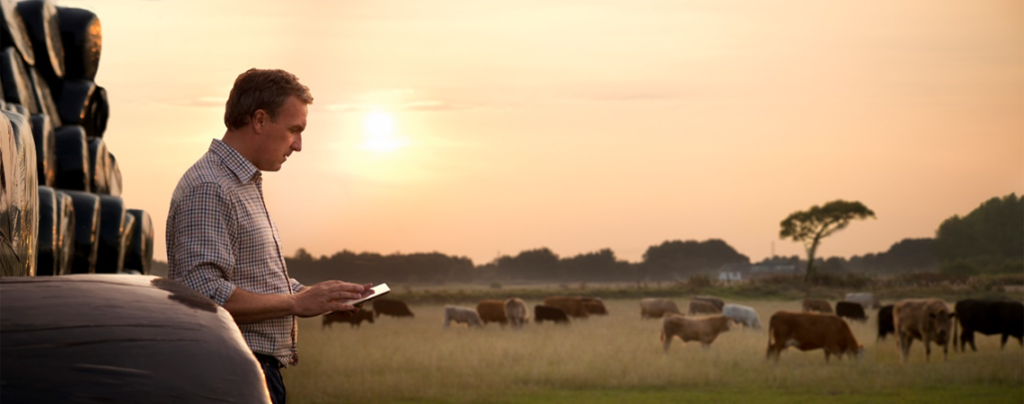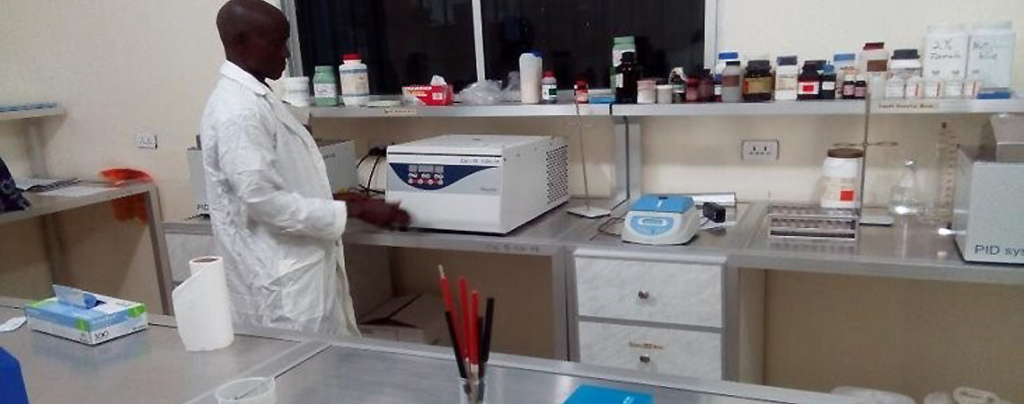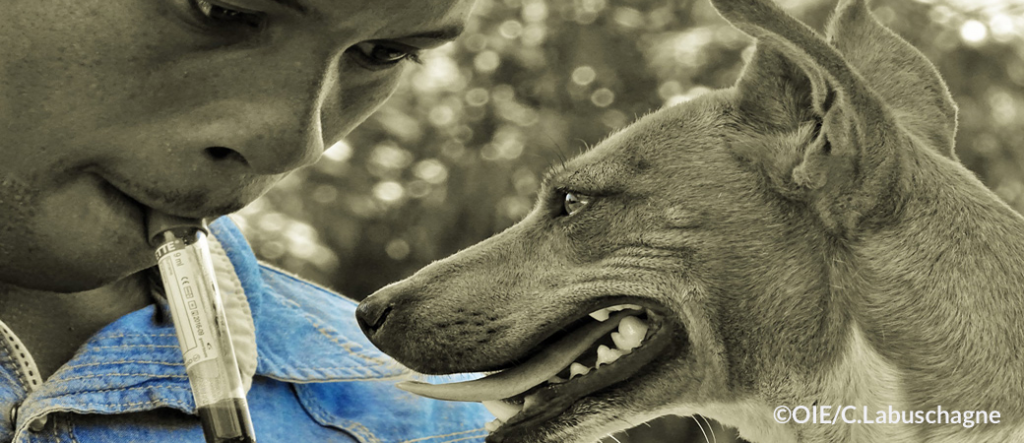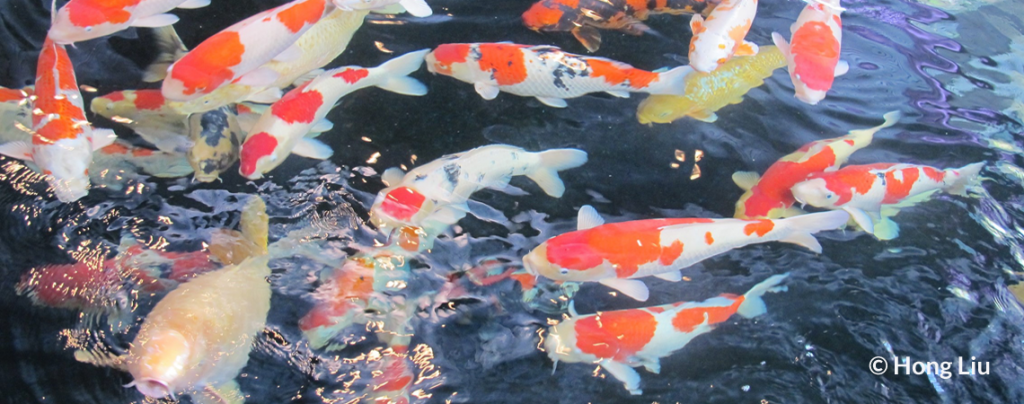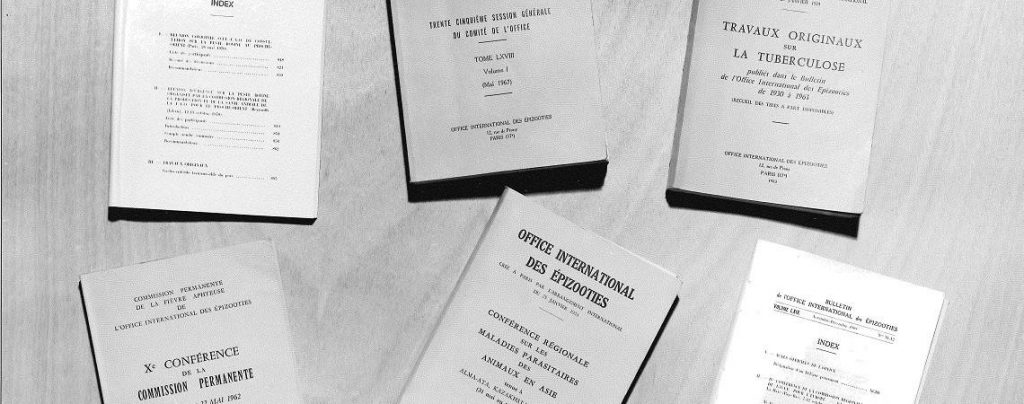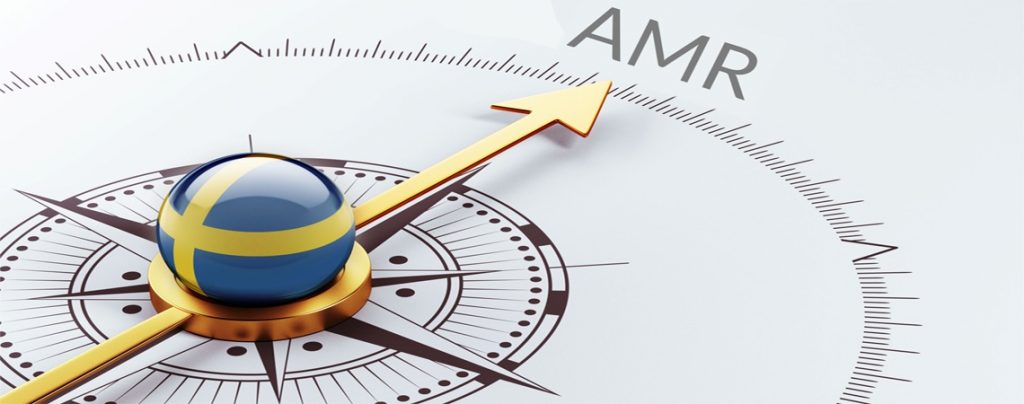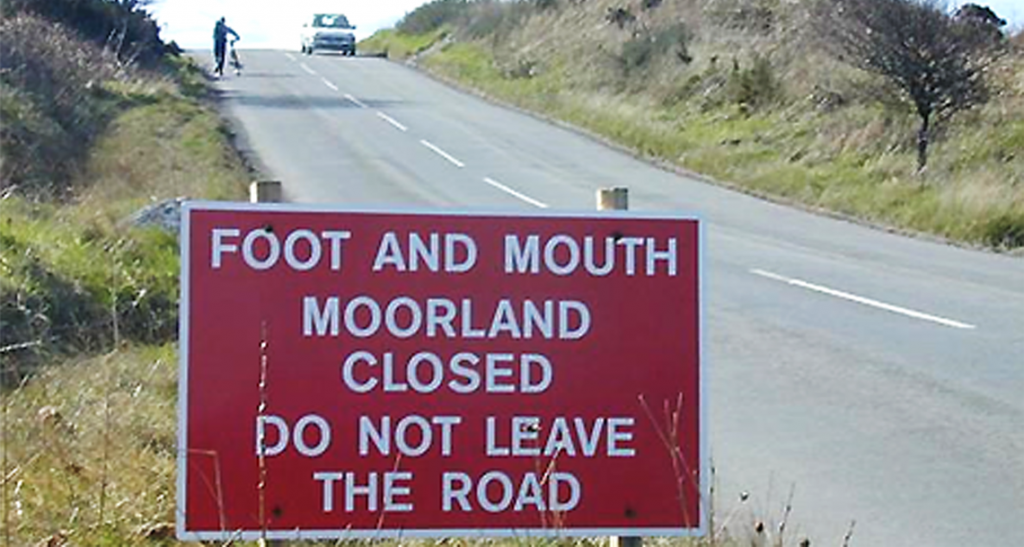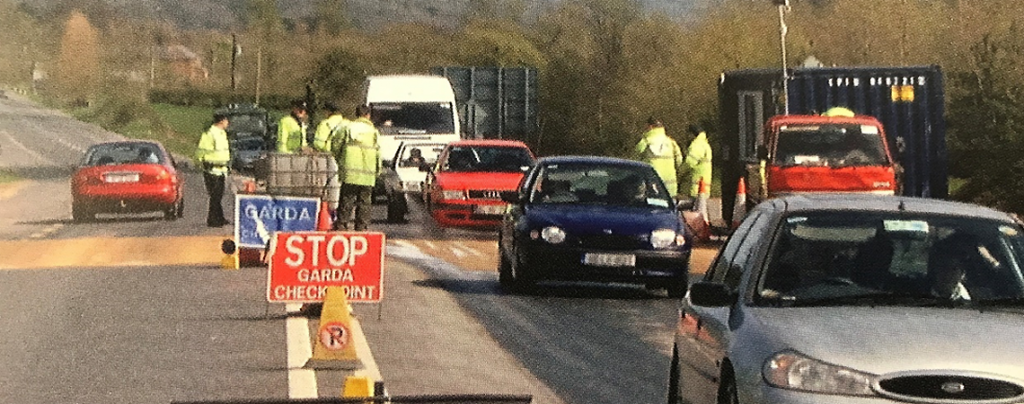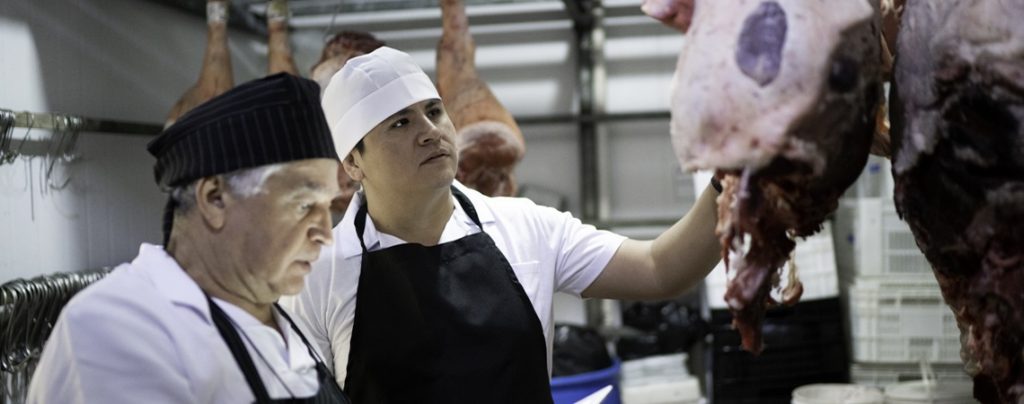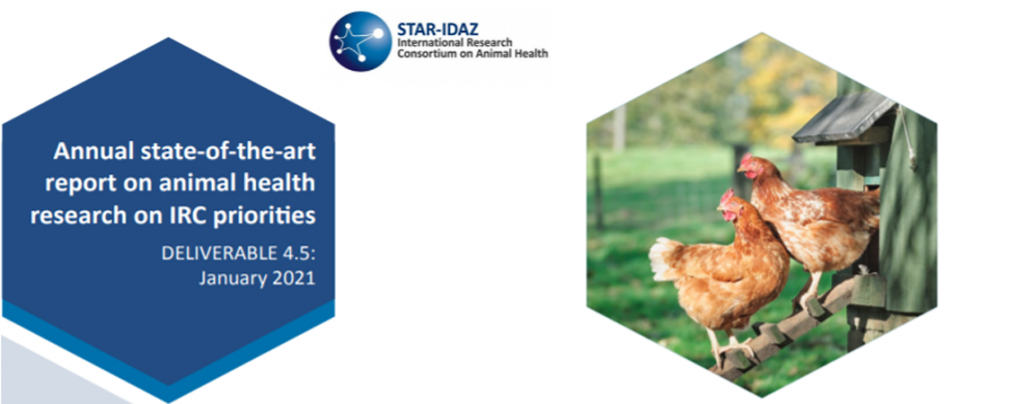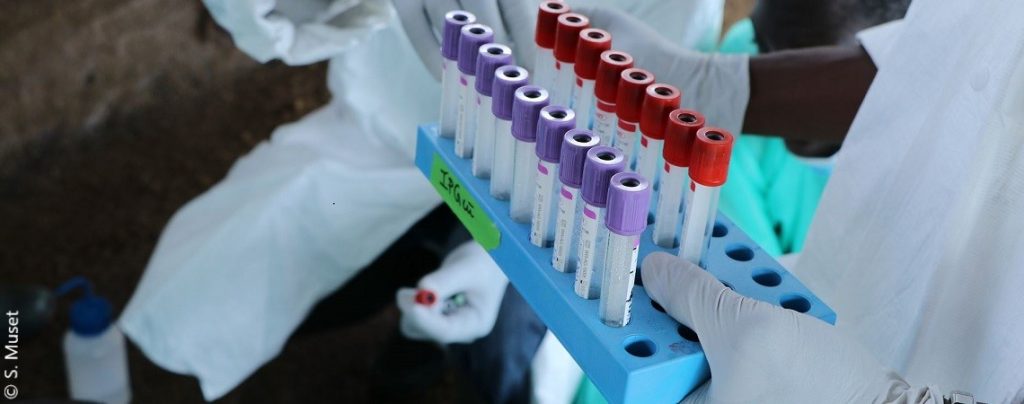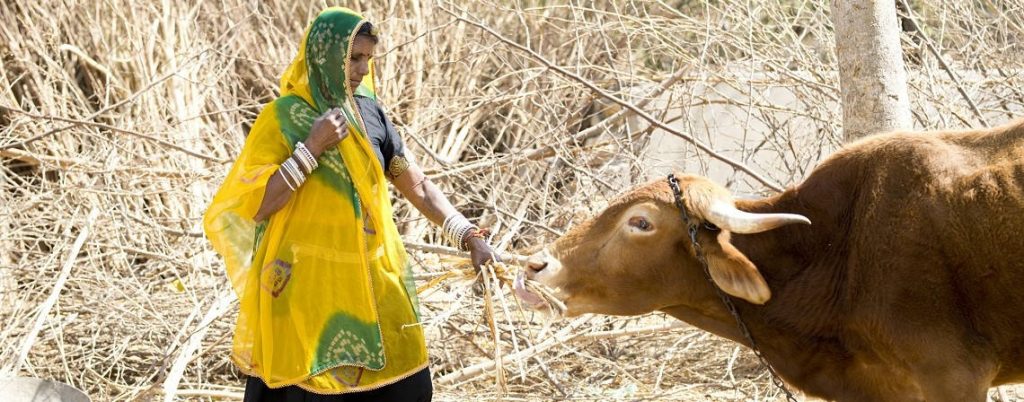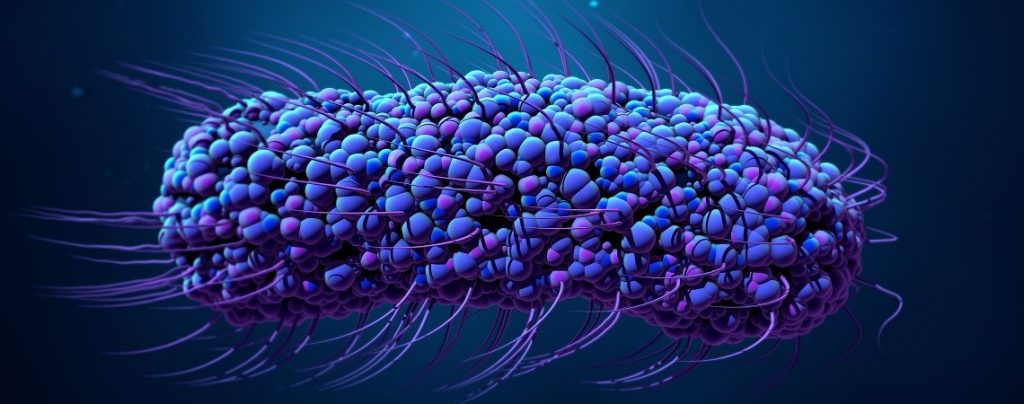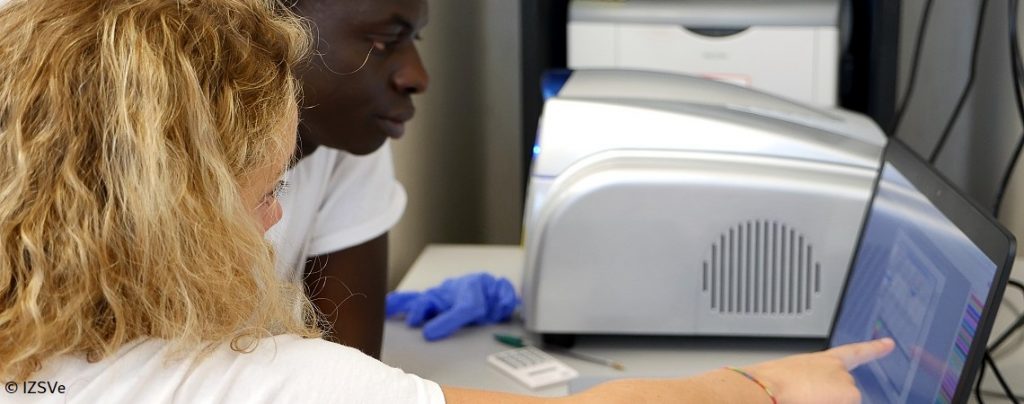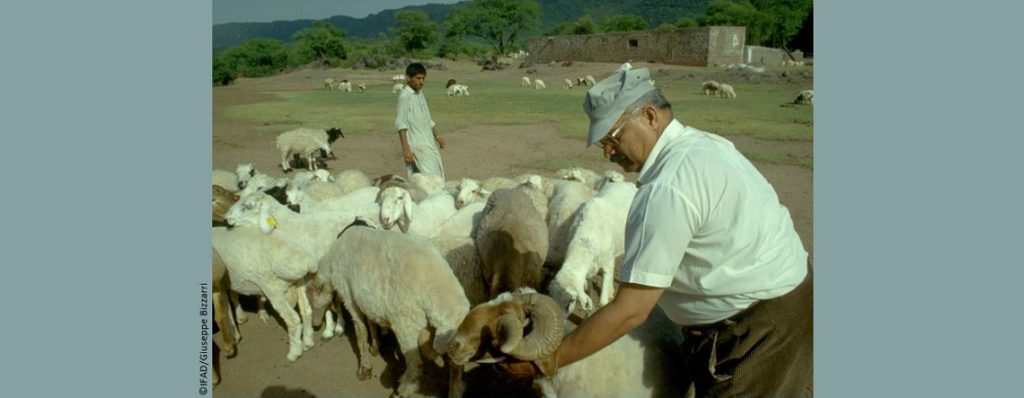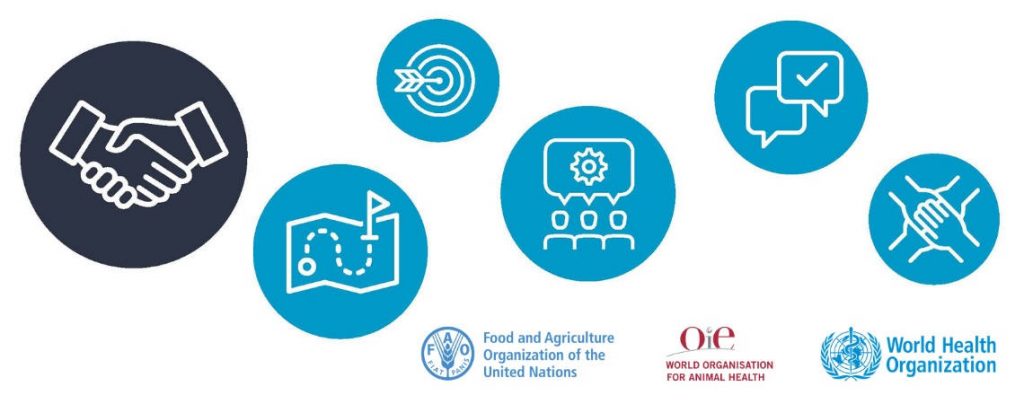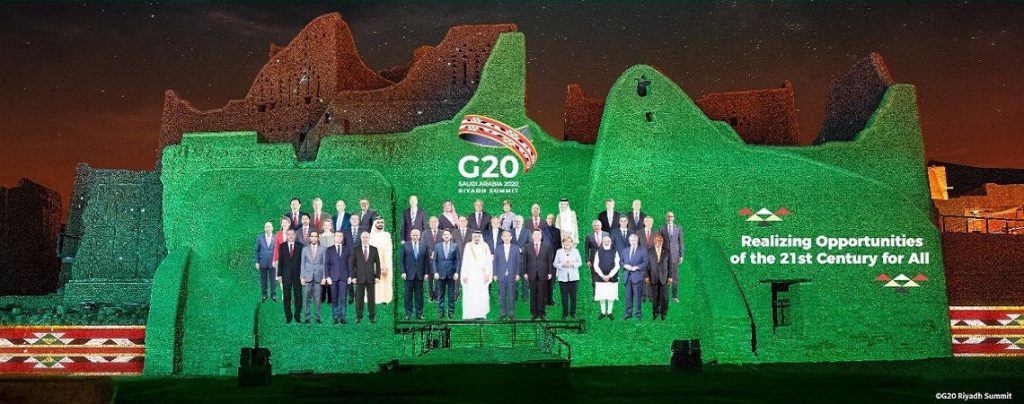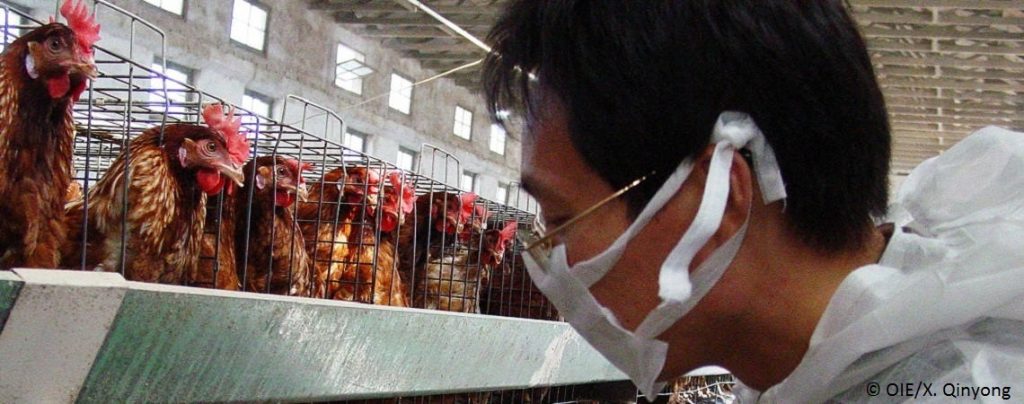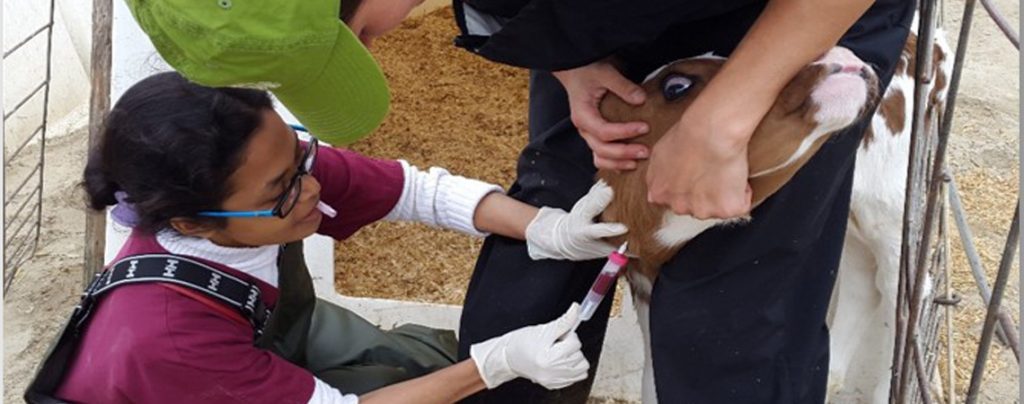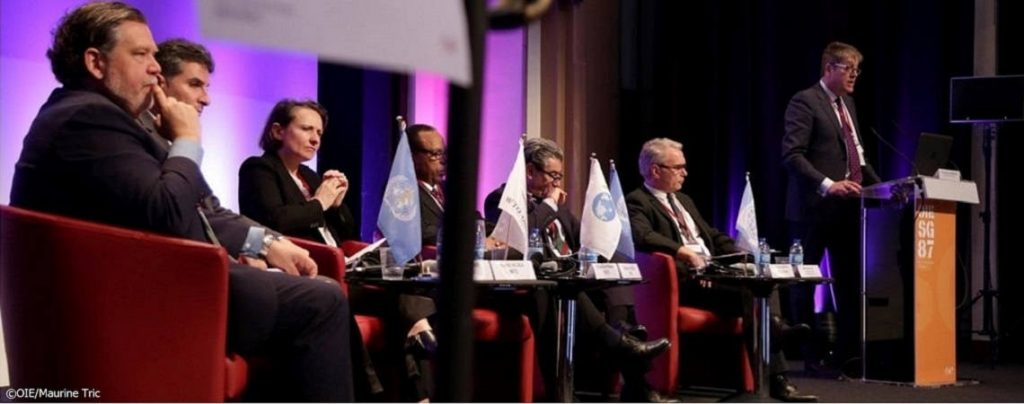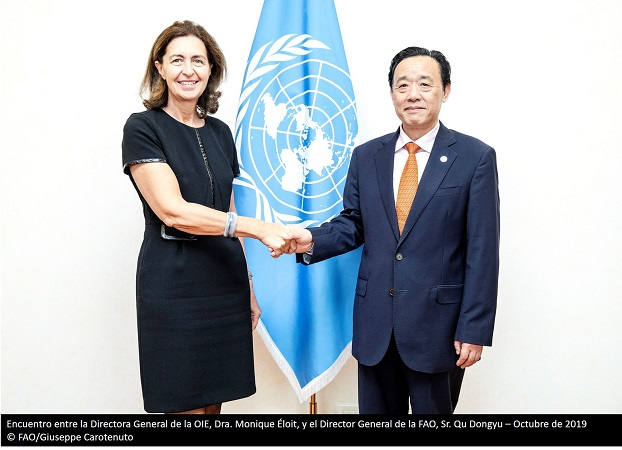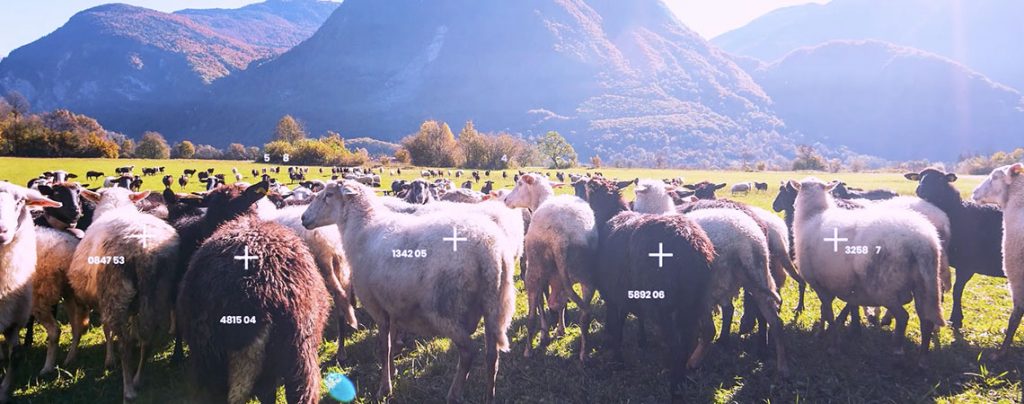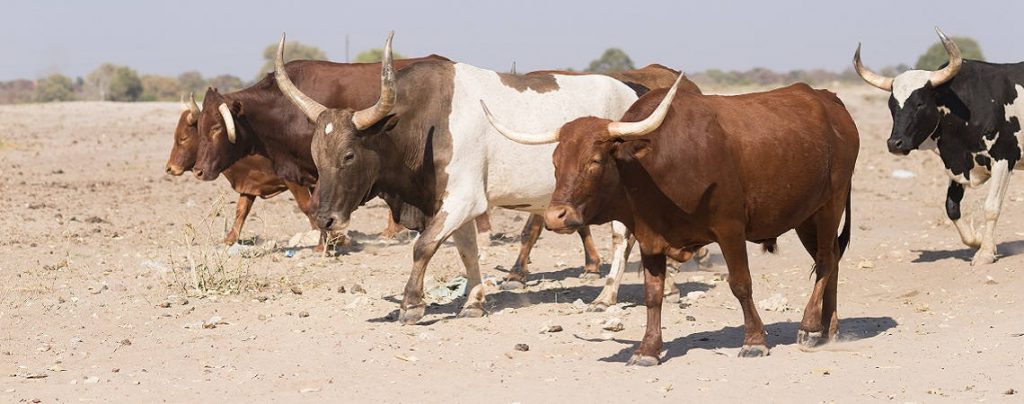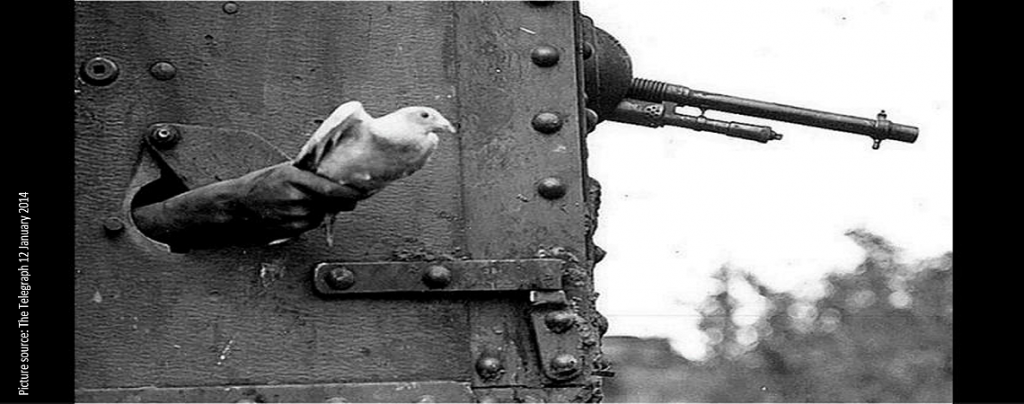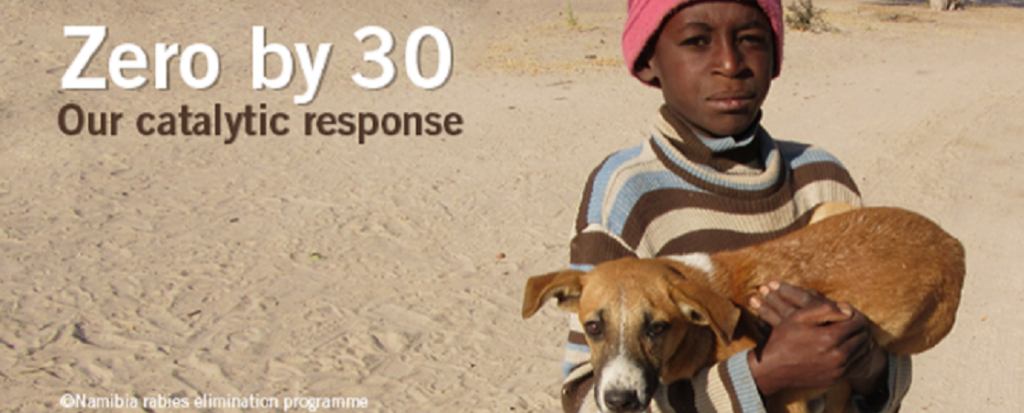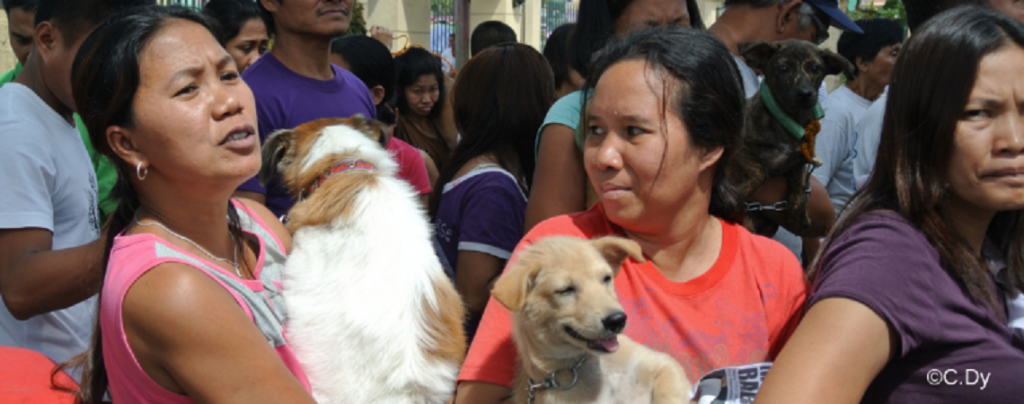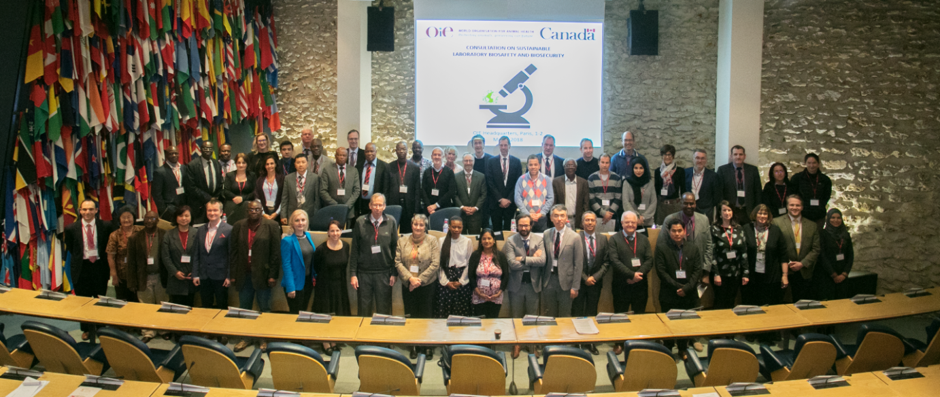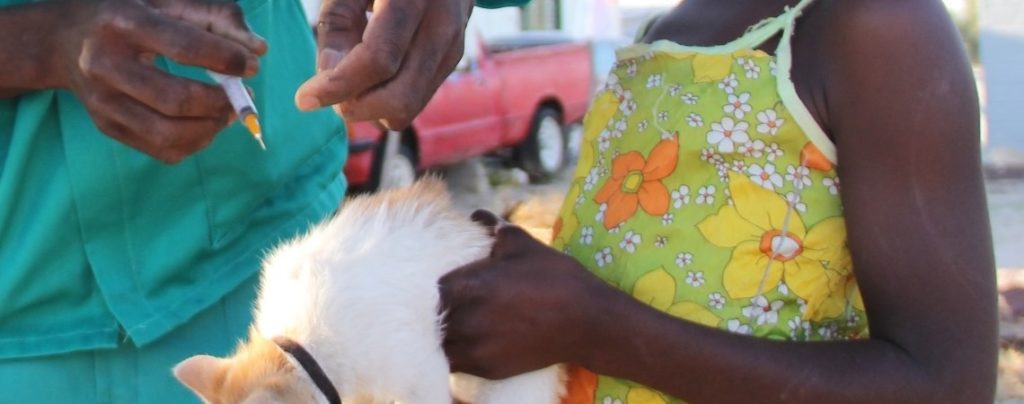INFORMACIÓN CONTINUA Publicado en 2023-06-28 15:24:54
Thinking About the Futures of Emergency Management
Palabras clave
Author: Donna Dupont, Purple Compass (donna@purplecompass.ca)
Emergency managers and those who work in security and defence recognise and live with risk. They train in and practise responding to situations through simulation exercises to test out and improve operations and develop plans for the next emergency. However, simulation exercises alone will not address the uncertainty brought about by the constant change and emerging issues that are shaping the external environment and influencing emergency management. Foresight scenarios provide the opportunity to explore a potential future environment by simulating strategic conversations that challenge people’s assumptions about the future and assist them in developing adaptive capacity.
Between responding to and preparing for emergencies, strategic conversations about change and uncertainty are sometimes neglected. Foresight methods such as ‘foresight scenarios’ are designed to facilitate strategic ‘what if’ conversations that test assumptions, and identify challenges and potential opportunities in emergency management.
These conversations allow emergency management stakeholders to explore how emergencies have evolved (e.g., interconnected risks leading to polycrisis[1]), and in turn support policy development, innovation and investment in emergency management skills that will foster adaptive capacity and ensure the field remains fit for purpose into the future.
Last April, foresight practitioner, Donna Dupont, who is well-versed in supporting clients in areas of climate risk, security and sustainability, led a workshop at the WOAH Global Conference on Emergency Management. At the workshop, four foresight scenarios were created to explore future emergency management operating environments. The focus was on agro-crime and agro-terrorism. Each scenario had a specific theme and was derived from a survey that identified the issues emergency managers are experiencing today, and those they anticipate will emerge in the future:
- ‘A Delicate World’ (vulnerability) focused on limited access to basic resources thus intensifying social and economic inequalities leading to exploitation of food safety and security.
- ‘Running to Keep Up’ (governance) focused on scientific and technological innovations as enabling and amplifying agro-crimes and agro-terrorism and where enforcement and detection capabilities are inadequate.
- ‘Seeds of Disruption’ (economic espionage) focused on concerns about food security, driving innovations in seed technology and livestock genetics, where organised crime groups steal trade secrets to gain access to these agricultural technologies.
- ‘Criminal Nature’ (exploitation of the environment) focused on organised crime groups monopolising access to critical resources such as food, water and energy and where ecoterrorism emerges to intimidate or coerce governments or civilians.
With the instruction that they were part of a ‘future cell’ in an Incident Management System, participants were split into four groups and assigned one of the scenarios. The scenarios were explored in three parts. Part 1 ‘What now?’ considered the limitations of current emergency management structures used to dealing with the scenario, as well as the potential for amplifying crime along with consequences and impacts. In Part 2 ‘What next?’ participants considered the obstacles and opportunities to adapting emergency management processes. Finally, Part 3 ‘What if?’ pushed elements of the scenario to extremes to identify new competencies and capabilities for emergency management.
The 90-minute workshop provided a sampling of how ‘learning from the future’ can facilitate strategic conversations and test how emergency managers could respond to challenges, limitations and new opportunities to enhance resilience. Scenarios also provided a means of thinking through the impacts and consequences of change. Participants had open discussions on:
- Who the actors are or might be in criminal activity and what their power and leverage could be at local, national or international levels.
- Sources of knowledge and intelligence regarding the socio-economic impact of agro-crime and agro-terrorism that could better emergency management structures.
- Anticipating the stress points for agro-crime and agro-terrorism and proactively engaging law enforcement bodies (and other partners) to exchange intelligence and inform emergency management strategies.
[1] World Economic Forum. We’re on the brink of a ‘polycrisis’ – how worried should we be? January 2023 https://www.weforum.org/agenda/2023/01/polycrisis-global-risks-report-cost-of-living/#:~:text=’Polycrisis’%20%E2%80%93%20a%20cluster%20of,the%20sum%20of%20each%20part.




